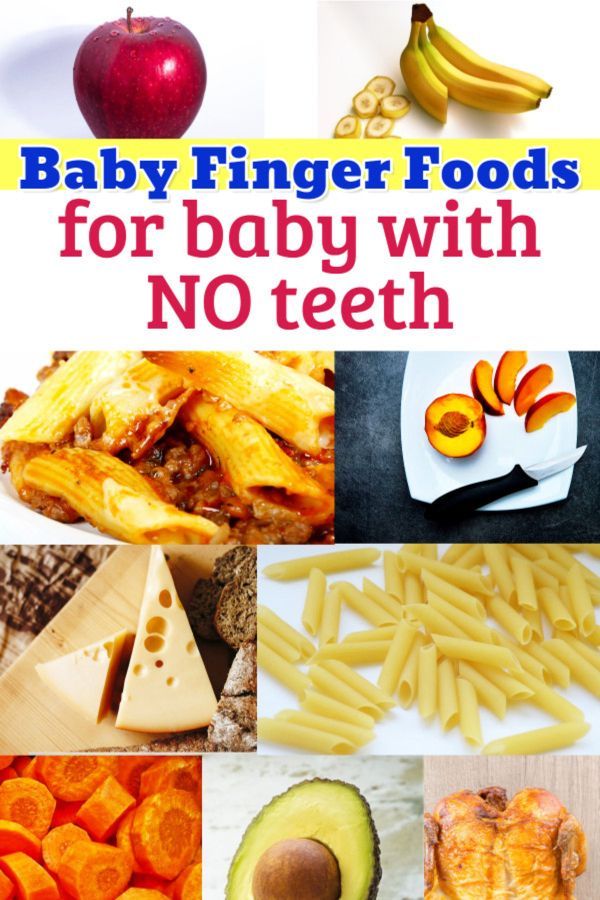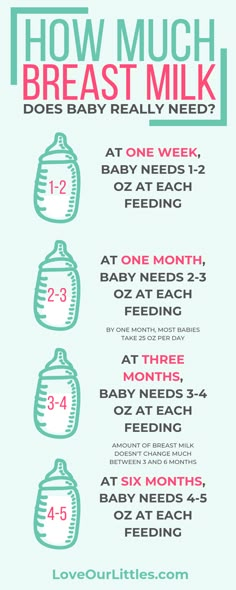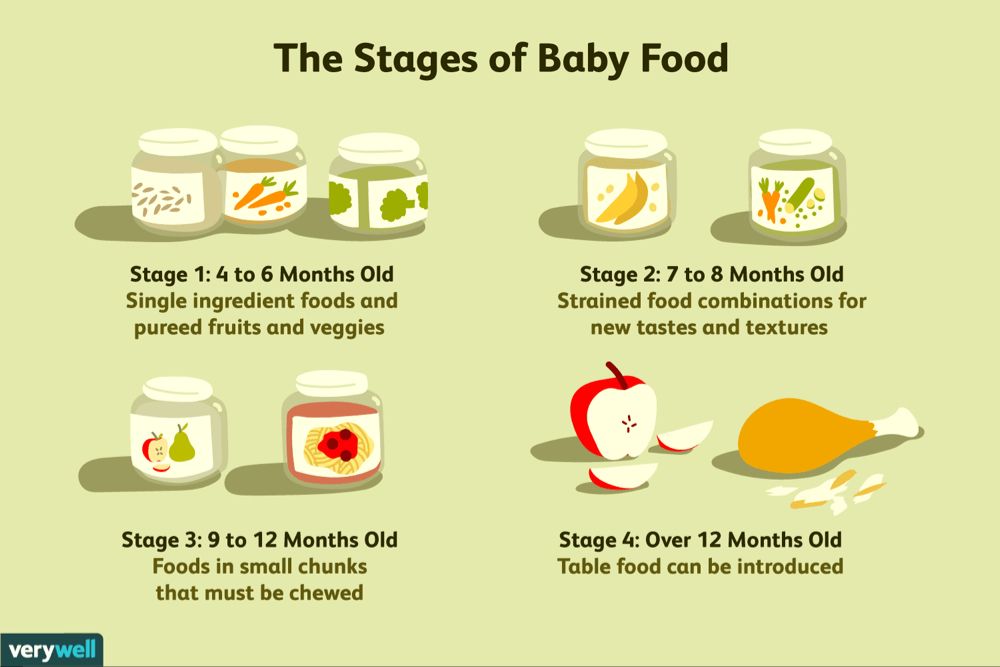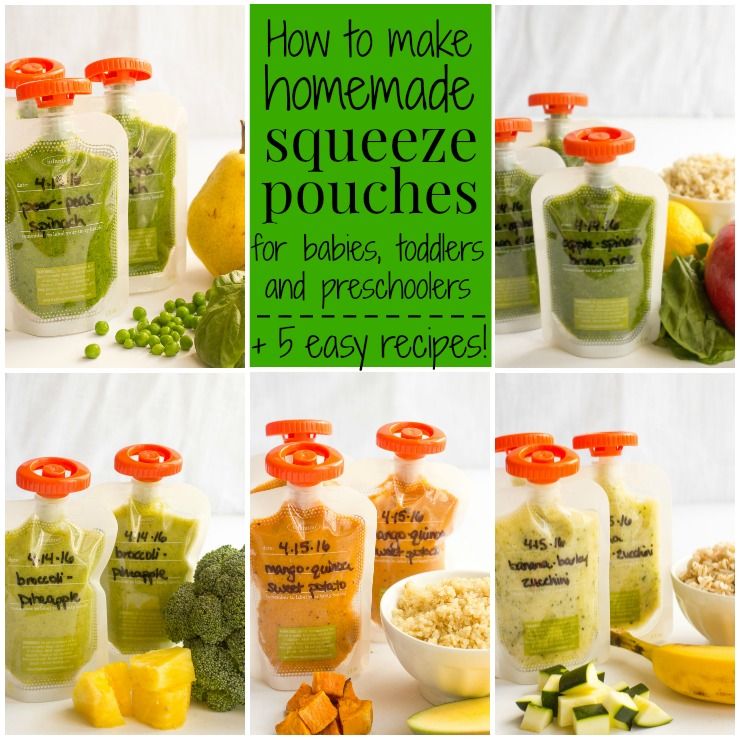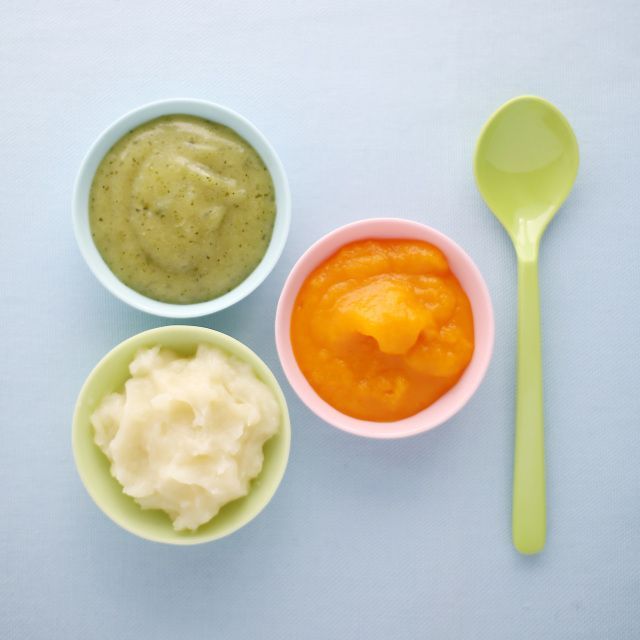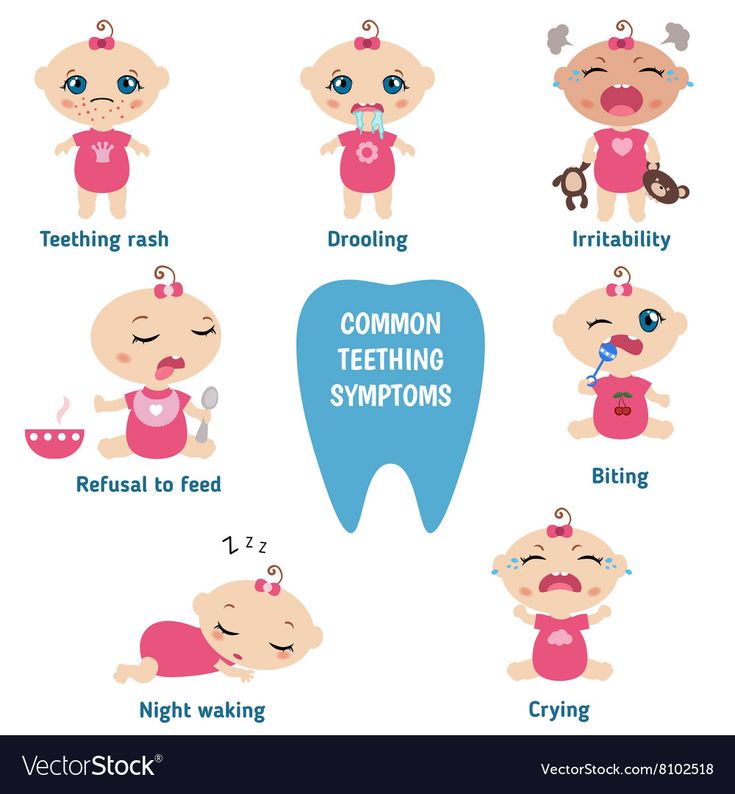What food makes baby fat
Best foods for weight gain in babies & toddlers (0 to 3 years)
This post has been updated with a new list of weight gaining recipes at the end of this post for toddlers – above 1 year old. Many readers have been asking for suggestions on best foods for weight gain in babies & toddlers. I have shared the tips that one can follow. If you are a new reader to this blog and have reached here looking for weight gaining foods or recipes for your little heart, please read this food chart for babies above 8 months.
I suggest following the recipes on the post as well for a good weight gain. I would also suggest to read the comments before posting your query here as similar queries may have been answered in the comment section below.
If you are looking for a food chart for baby around 6 months, you can refer this post on solids for 6 months baby.
Best foods for weight gain in babies & toddlers (0 months to 3 years)
1. Breast milk is one of the best foods for babies under 6 months to gain weight. Since mother’s milk is more nutritious than any other foods, it is good to exclusively breastfeed babies for the first 6 months.
If a baby is breast fed, mum needs to eat more nutritious foods to have enough milk supply and to increase the quality of milk.
To increase the milk supply in lactating mothers’ foods like milk, lentils (DAL), garlic, flax seeds (alasi in hindi or avise ginjalu in telugu), chickpeas (chana), almonds, whole grains, methi leaves, methi seeds, dill leaves (sabbasige soppu in kannada), fennel seeds (saunf), cumin (jeera) have been proved to be beneficial. One needs to include these in their diet moderately.
At least 2 protein rich meals and a breakfast should be included in the diet of a lactating mother. For vegetarians lentils / dal is a best protein rich food.
Chickpeas can be enjoyed by mums having babies older than 3 months. If using they need to be soaked overnight, soft cooked with turmeric and other Indian spices to prevent vata dosha.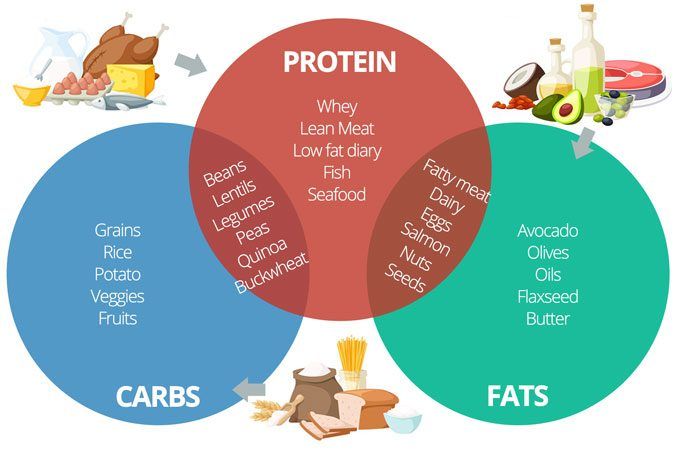
Traditionally gond ke laddu, dry fruits ladoos and copra ladoos were eaten by lactating mothers to improve the quantity and quality of breast milk. Here are some protein rich ladoos which you can try after consulting your elders.
Gond ke laddu
Dry fruits ladoo
Copra ladoo (or dried coconut ladoo)
Here is a simple homemade powder for increasing milk supply in lactating mothers. Dry roast equal quantities of cumin and fennel seeds till they turn aromatic. Cool them and grind to powder.
Mix ½ tsp powder in ½ tsp warm ghee and consume 30 minutes before food 2 to 3 times a day. Desi ghee works best. This can be consumed for 2 weeks, followed by a break for 4 to 5 days and then repeat the cycle.
This also helps to reduce colic in breastfed babies. A small portion of ajwain/ carom seeds can also be included.
2. There is also a wide population of women who are unable to breast fed due to medical or professional reasons, yet their babies tend to grow well in terms of height and weight. For babies who are not breast fed, Formula milk has been proved to be of great help.
For babies who are not breast fed, Formula milk has been proved to be of great help.
If your baby is over 6 months and you intend to stop breastfeeding, then choose a good formula milk with the help of your pediatrician. Formula milk is mostly balanced and has adequate nutrition which may not be available in dairy milk.
Formula milk helps to gain good weight in most babies, but one needs to be patient in trying out what works best for your baby. Many women express that formula milk is not good and hence should choose dairy milk.
Both have their own pros and cons. In the recent years, cows raised in farms are not grass-fed and are mostly on hormones either in their feed or injected to produce more milk. So it may be more unsafe than the formula milk.
A thorough research is conducted before any formula milk is sold in the market. So as a mother, you are the right person to choose between cow’s milk vs formula milk.
For babies above 12 months, fresh dairy milk can be used.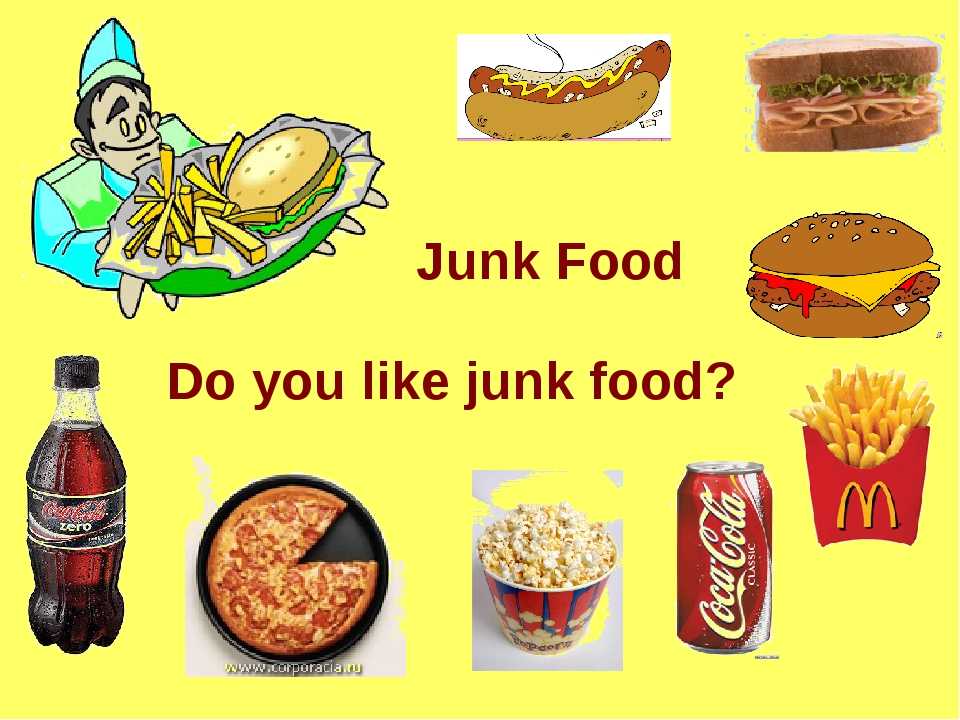 Do not use milk that comes in tetra packs for babies and toddlers.
Do not use milk that comes in tetra packs for babies and toddlers.
3. Foods like potato, pumpkin, sweet potato, dal, ghee, ragi, almonds, yogurt, eggs and milk help the baby to gain weight. Please take a pediatricians’ suggestion before you start any of these foods. As always follow a 3 day test rule.
How to make mashed potato for baby ?
Always choose hard potatoes that do not have any sprouts grown over them. Sprouted or soft potatoes are not healthy to use.
Wash and peel off the skin of the potato. Cook potato in excess water either in pressure cooker or a rice cooker steam basket or in a pot. It should be soft cooked.
While it is still hot, take it to a feeding bowl and mash it to soft. Add the potato stock that was left after cooking to make smooth puree. using a small steel glass you can easily mash it.
Add a pinch of ajwain and ghee and serve it warm. The same way you can also make mashed sweet potato for baby.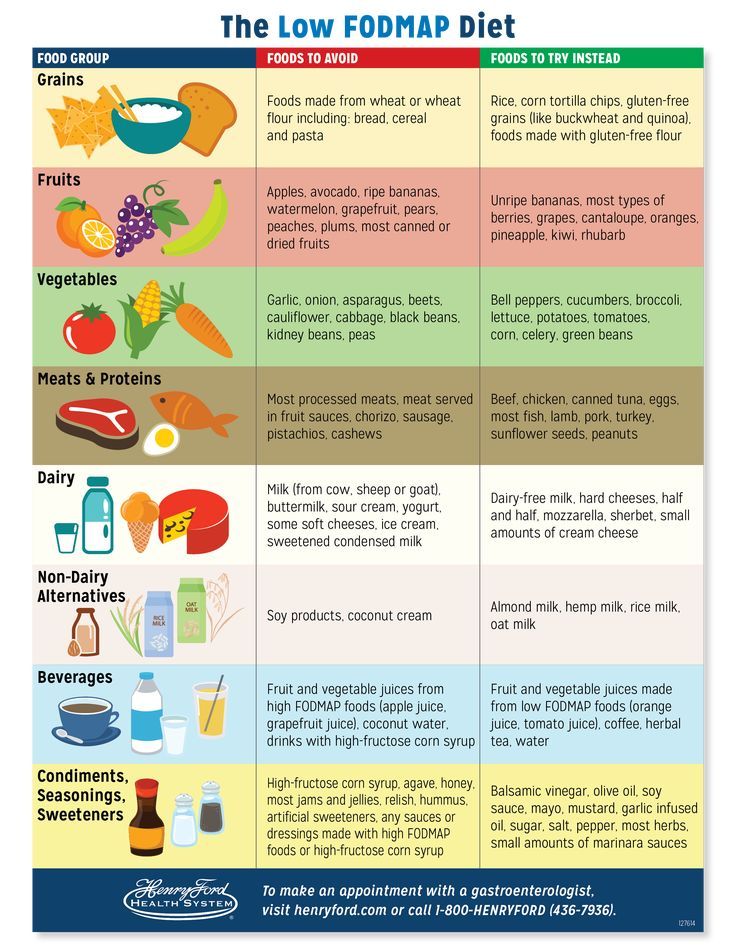 Best time to serve these is for breakfast or lunch.
Best time to serve these is for breakfast or lunch.
It can also be cooked along with rice to make a rice potato khichdi. You can find the recipe of sweet potato here (new post)
How much potato or sweet potato for baby?
7 months baby – 1 tbsp 2 to 3 times a week
8 to 10 months – 2 tbsp. 2 to 3 times a week
10 to 12 months – 3 to 4 tbsp. 2 to 3 times a week
toddlers- use your judgement . Can be served 5 times a week to daily.
Serve potato or sweet potato at least 2 to 3 times a week with little ajwain powder and ghee. Avoid when baby has tummy upset, colic or spit ups.
Moong dal and urad dal help a lot to gain weight in babies & toddlers. Urad dal is a power house of nutrients, high in calcium and protein and also EFA , essential fatty acids that help to develop the brain. So Idli is a very healthy food for babies.
Using urad dal make idli and serve with mild rasam or dal ka pani and ghee.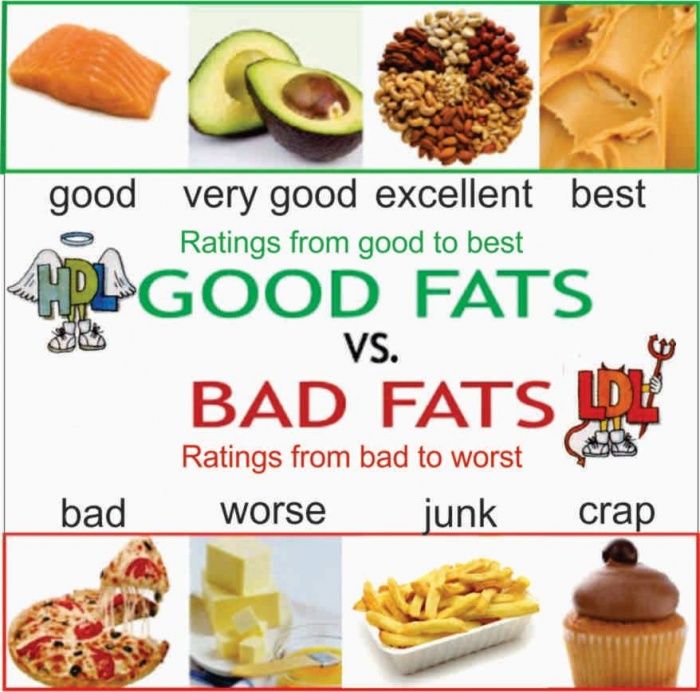 This can be fed daily. You can find the recipe of soft idli here and a rasam recipe for babies here.
This can be fed daily. You can find the recipe of soft idli here and a rasam recipe for babies here.
Include dal preferably moong dal or tuvar dal in lunch or breakfast every day. Do not mix dal with yogurt or milk. Just a simple vegetable dal rice khichdi works great for babies in gaining weight.
If your baby tends to get bored, change the vegetables used in the khichdi to give a different taste. You can find the recipe of dal khichdi here
Ragi porridge also helps to gain weight, it also strengthens the bones, teeth and helps for the overall development. Here is a complete post on how to introduce ragi to babies and how to make sprouted ragi flour for babies.
Yogurt and homemade paneer are also a good choice for babies over 8 months to gain weight. Serve yogurt alone or with brown rice and white rice in equal quantities.
I always used to make one cup curd separately for both my babies since it is not recommended to serve cold yogurt from the refrigerator.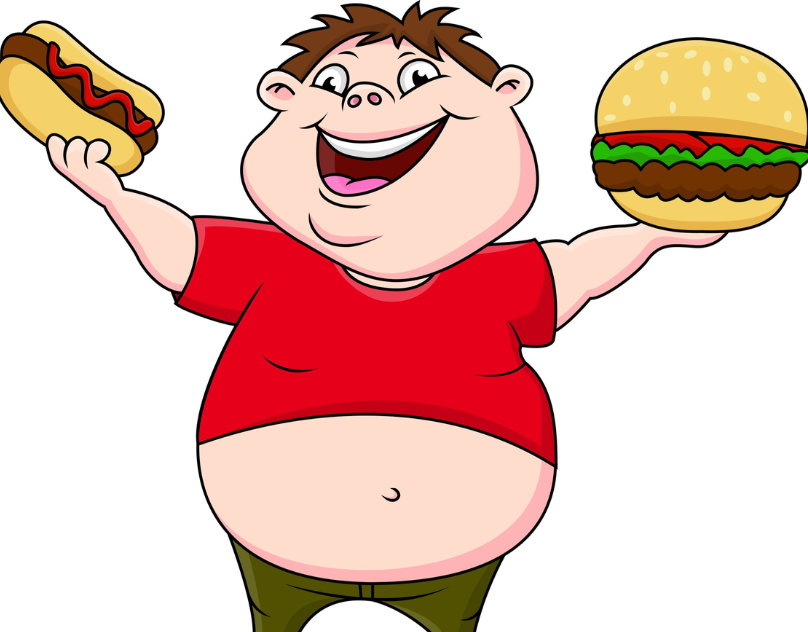 Also avoid serving in the evening or night.
Also avoid serving in the evening or night.
how much yogurt/ curd to serve for babies ?
2 tbsp homemade unsweetened yogurt/ curd can be fed to 8 to 10 months baby, 2 to 3 times a week (avoid during winters)
4 tbsp can be fed to a 10 to 12 months baby. 3 to 4 times a week (avoid during winters)
Eggs also help babies to gain weight. Prefer boiled eggs instead of scrambled eggs. There is a loss of nutrition in scrambled eggs especially the protein content.
you can find the recipe of homemade curd here.
How to feed egg to baby ?
Make a hard boiled egg. Remove the yolk and take small portion of it and mash it with a pinch of cumin powder, add very little water and mash the egg to blend it well with water. It should become a smooth paste.
how much egg for 7 months old baby ?
For a 7 months baby – Start feeding a tsp of the above said mashed egg yolk. It can be served 2 times a week.
For 8 months baby – a tbsp and then increase the quantity.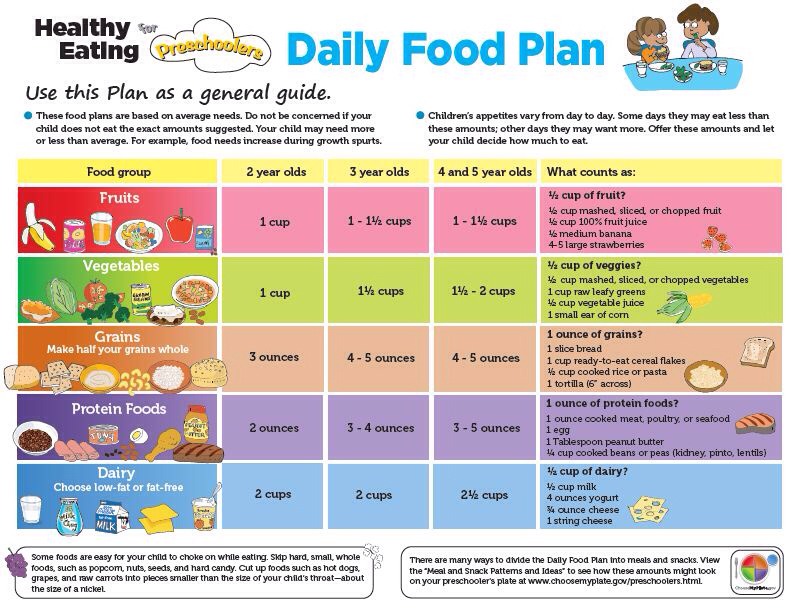
For 10 months baby – by the end of 12 months a baby can eat the entire mashed yolk.
Include banana, papaya, apple, pear and chikoo (sapota). Serve banana at least 4 to 5 times a week. We give the small variety banana to babies. Avoid it when baby has cold and phlegm.
Serve a warm apple sauce or apple oats when the baby has cold and congestion. Banana helps to gain weight and most fruits helps to digest foods better since they contain natural digestive enzymes.
The nutrients from other foods are better absorbed by the body when a good amount of fruits are consumed (the right way).
Follow the rule, of feeding fruit alone without mixing with other foods at least once a day. Strictly do not serve fruits and milk together.
4. Ghee also helps to gain weight – How much ghee to serve for babies and toddlers ?
Start with only few drops a day when you introduce ghee to your baby. Try using organic and grassfed or desi ghee. Desi ghee can be found in ayurvedic stores or can also be bought online.
If you notice symptoms like coughing, itchy eyes or rubbing eyes or rashes stop it. Try with a new brand or try with homemade ghee. If your baby or toddler do not like the flavour of ghee, I suggest making ghee at home.
Just add few curry leaves towards the end when you make ghee at home, it adds a good aroma.
Excess usage of ghee may suppress the baby’s appetite, so use only as needed, a mother is the best judge. I followed the following measures for my babies and no cheese or butter was given to them.
If using butter then reduce the proportionate amount of ghee from the below mentioned quantity.
7 months ½ tsp ghee divided among 2 servings – start with only a few drops of melted ghee
8 months ¾ to 1 tsp ghee divided among 2 servings
10 months 1 to 1 ¼ tsp ghee divided among 3 servings
12 months on wards 1 to 1 ½ tsp ghee divided among 3 servings
Some babies may not digest fats in ghee well especially if formula milk, cheese, or butter are already a part of the diet.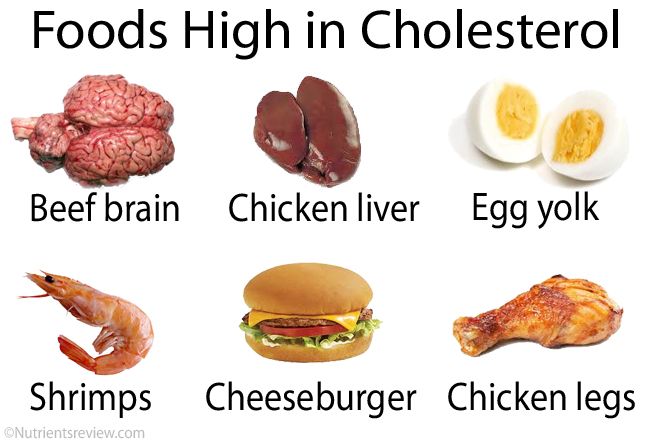 You can try with only half of the above quantity.
You can try with only half of the above quantity.
5. Can i use almonds / badam for my baby?
Experts advice not to introduce nuts to babies until 1 year as they may end up with severe allergies. So i would suggest waiting until your baby turns an year old especially if there is an history of allergy in your family.
However i have used almonds from 8 months for both my babies. Those who would like to try may start with almonds since these are the only kind of nuts that are slightly alkaline (apart from chestnuts).
Alkaline foods help us to keep our body healthy and energetic. Always try using soaked almonds. Soaking also increases the alkaline nature and hence digest well.
Soaking for about 5 to 6 hours also helps to peel the skin. They can be ground with little water and then used to cook baby foods like oats, ragi, rice etc.
6. Physical activity
Allow the baby to crawl freely, do not restrict your babies to prams or rocking chairs. Being physically active helps babies feel hungry in time. They are less fussy and eat or drink well.
Being physically active helps babies feel hungry in time. They are less fussy and eat or drink well.
Burping is very important as it helps to relieve the babies from colic and they tend to drink better. Gently Burp before feeding, in between the feeds, Burp after the feed. Keep the baby in upright position for at least 15 minutes after a feed.
Foods for weight gain in toddlers (above 1 year)
Breakfast menu
Pesarattu with ghee
Idli with ghee (1:2 proportion) – use search box for idli recipe
Soft thick dosa with boiled mashed potato
Chick pea / chana soup
chana dosa (with steamed mashed carrots)
moong dal soup
carrot milkshake
oats uttapam (use carrot for topping, follow method 2)
jowar dosa: you can make uttapam with carrot topping. Jowar makes bones strong and helps to gain good weight.
ragi mudde with rasam or any soup.
paneer paratha – no stuffing, good finger food too for snack in the evening
Boiled egg – boiled eggs have more nutrition than scrambled eggs.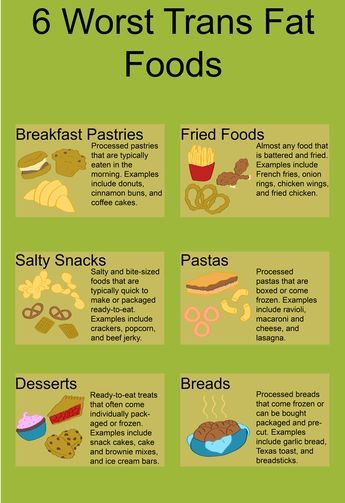 So try serving boiled egg with mild flavorings like pepper, cumin powder, ajwain and salt.
So try serving boiled egg with mild flavorings like pepper, cumin powder, ajwain and salt.
Suggestions from experienced mothers are welcome and highly appreciated to enhance this page.
Disclaimer: Please check with a pediatrician before you follow any of the tips or foods mentioned in this post.
My Heartfelt Thanks to all the Readers who have been consistently sharing with us their personal experiences with their babies, this has helped many new mothers to understand the baby food patterns and other food related issues.
Wishing a Wonderful Motherhood to all the MUMS
The Best Foods for Your Baby to Gain Weight
It’s hard to imagine that your little one could be any cuter — but you might be wondering whether they’re growing as fast as they should.
If you’re worried that your baby might weigh too little, bear in mind that newborns normally lose 3–7% (and up to 10%) of their birth weight in their first few days of life, which they regain by about the end of their second week (1, 2, 3).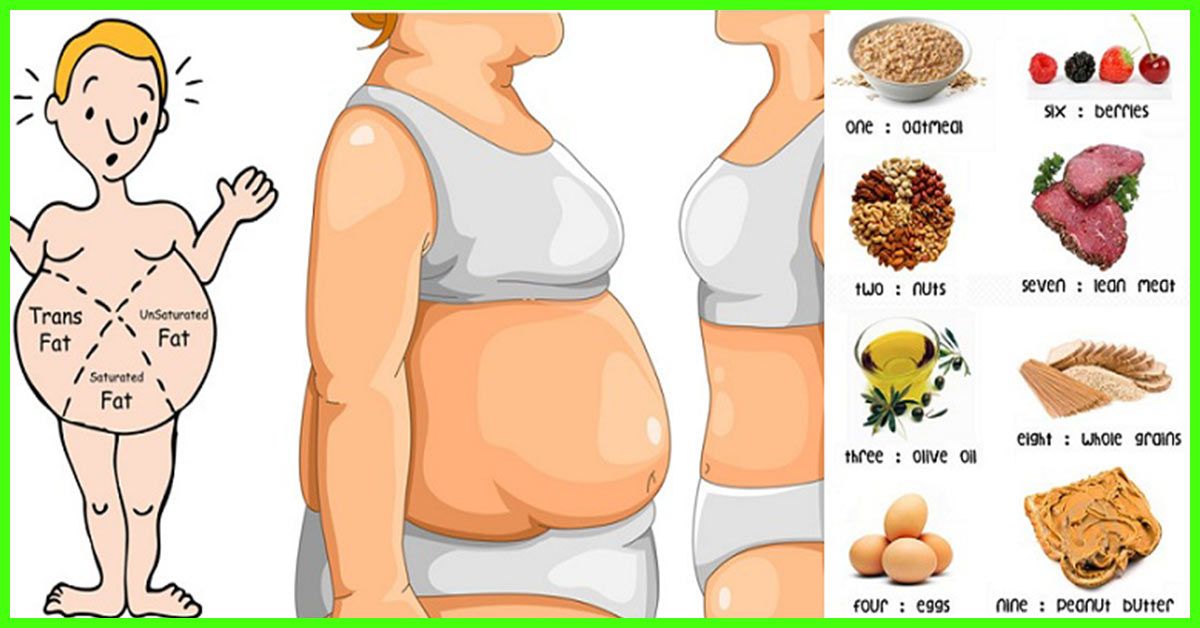
Until they reach the 6-month mark, infants should gain about 1 pound (0.45 kg) or more each month. They should weigh about triple their birth weight around the end of their first year (1, 2, 3).
Keep in mind that these numbers are averages, and a healthy baby may have different weight gain numbers depending on their birth weight, rate of linear growth, and other factors.
You can ask your baby’s pediatrician about weight gain at any time, such as at their well-baby exam.
If you and your healthcare practitioner have ruled out medical reasons for your baby’s slow weight gain, such as heart or digestive issues, consider feeding them calorie-dense whole foods. These may encourage healthy weight gain (4).
Here are the 7 of the best foods to help your baby gain weight. We’ve grouped them below by age group.
A baby under 6 months that’s putting on less weight than average can be troubling. Since all or most of their calories at this point come from breastmilk, formula, or both, what you can control right now is how often they feed and whether they’re getting enough (4).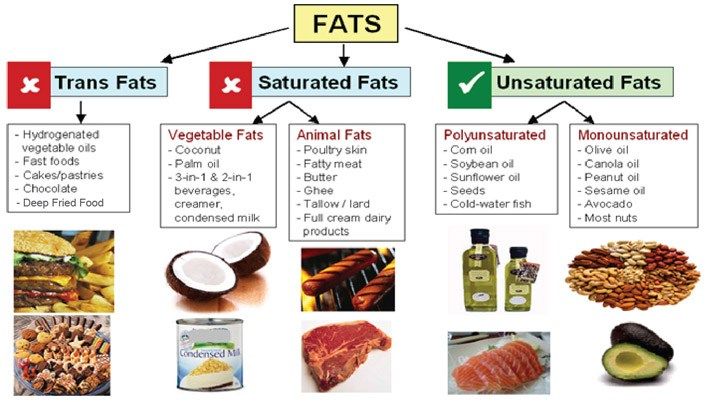
1. Breastmilk or infant formula — often and enough
Breastfed newborns will feed every 2–3 hours, so account for 8–12 or more feedings per day for the first 4 months.
Be sure to let your infant fully empty your breast. One reason this is recommended is because hindmilk, which comes out last during a feeding, may be richer than foremilk, which comes out first.
Let your baby feed fully, until your breast feels very soft. This will ensure they’re getting all the milk available, and it sends your body a message to make more.
You can try consuming foods that are thought to increase breastmilk production. These include lactation teas or bars with fenugreek, blessed thistle, or fennel. Oatmeal and dark beer may also help. Still, more research on these solutions is needed (5).
Additionally, avoid wearing tight-fitting bras or tops.
Until your baby begins solid foods, they will not need to drink water. Offer them breastmilk or formula instead to maximize the number of calories you’re getting into their tiny tummies.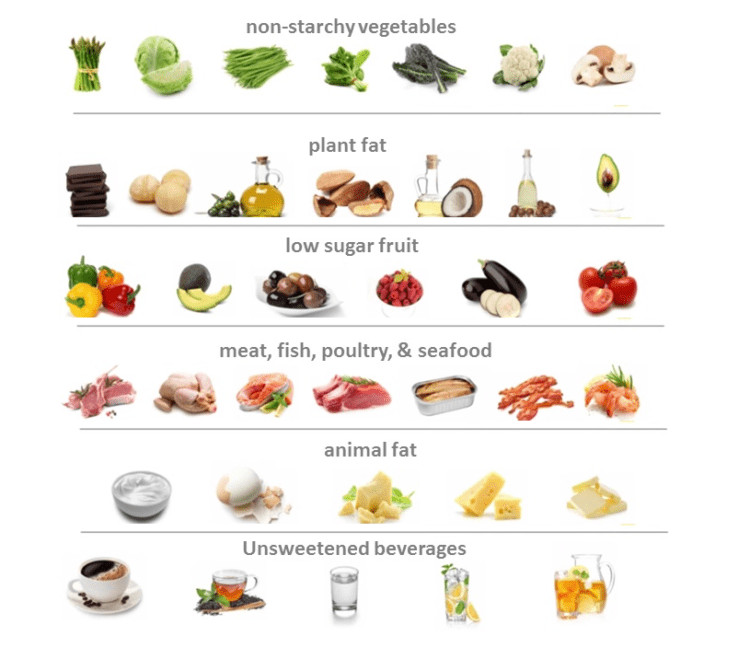
Your doctor may also ask about any latching issues and investigate any underlying medical issues that may affect your baby’s nutrient absorption or metabolism at this age.
Speak with a pediatrician for guidance if you’re considering whether to supplement breastfeeding with formula or wondering which formula to choose.
These choices are complicated and depend on many personal factors, and a doctor can help you make informed decisions. You may also consider talking with a lactation consultant.
Most babies will start to show readiness to eat solid foods around the 6-month mark.
Speak with your healthcare professional about when to start your baby on complementary solid foods.
2. Avocado
Whether you’re taking a baby-led weaning approach, a more traditional puréed foods style, or a combination of the two — avocado is a great transitional food for babies starting on solids.
What’s more, avocado’s healthy fats and relatively mild taste make this a great food for when you’re trying to get your baby to gain weight (6, 7).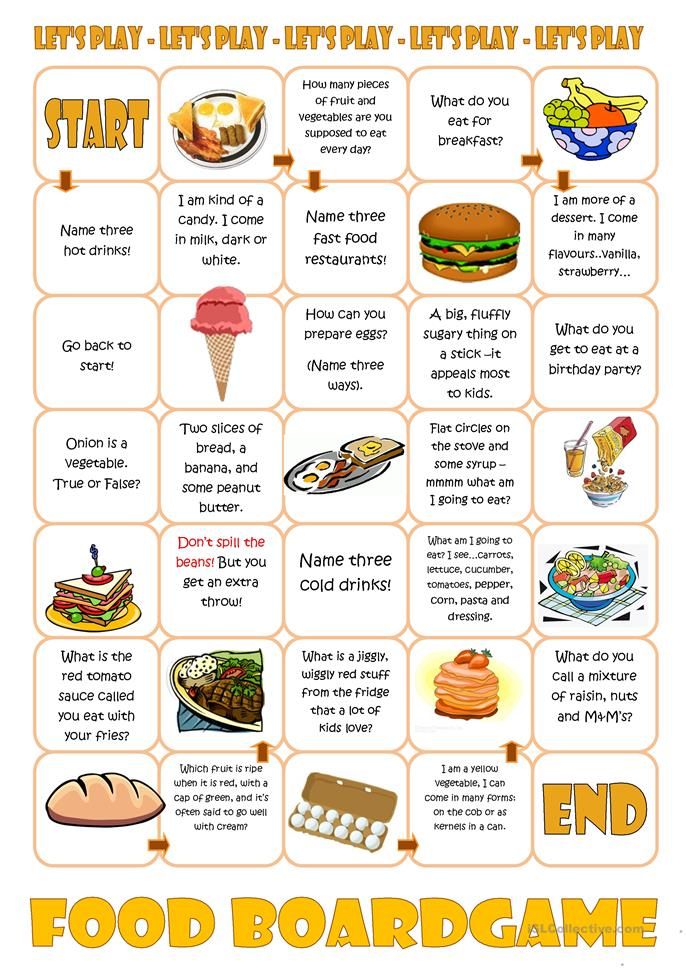
Mash it up or serve it in thick spears. You can also add it to other foods, such as rice cereal or another fruit.
It’s a good idea to introduce new foods one at a time. This way, if your child has any sort of allergic reaction, you have a better sense of what might have caused it.
3. Oatmeal
Oatmeal cereal is another wonderfully rich food that’s easy to add to your baby’s diet.
To make it, blend plain oats cooked in water, adding water as needed to achieve a soupy texture. To make it heartier, cook and thin out the oatmeal with formula or breastmilk instead. Gradually thicken it as your baby gets more comfortable.
Oatmeal packs lots of fiber, including beta glucan, which is one form of soluble dietary fiber. It promotes the growth of your baby’s beneficial gut bacteria and may encourage bacterial diversity in the gut (8).
What’s more, oatmeal is fairly neutral in taste, which makes it easy to combine with other hearty, healthy foods. For instance, you can spoon in puréed fruit and cinnamon for more flavor.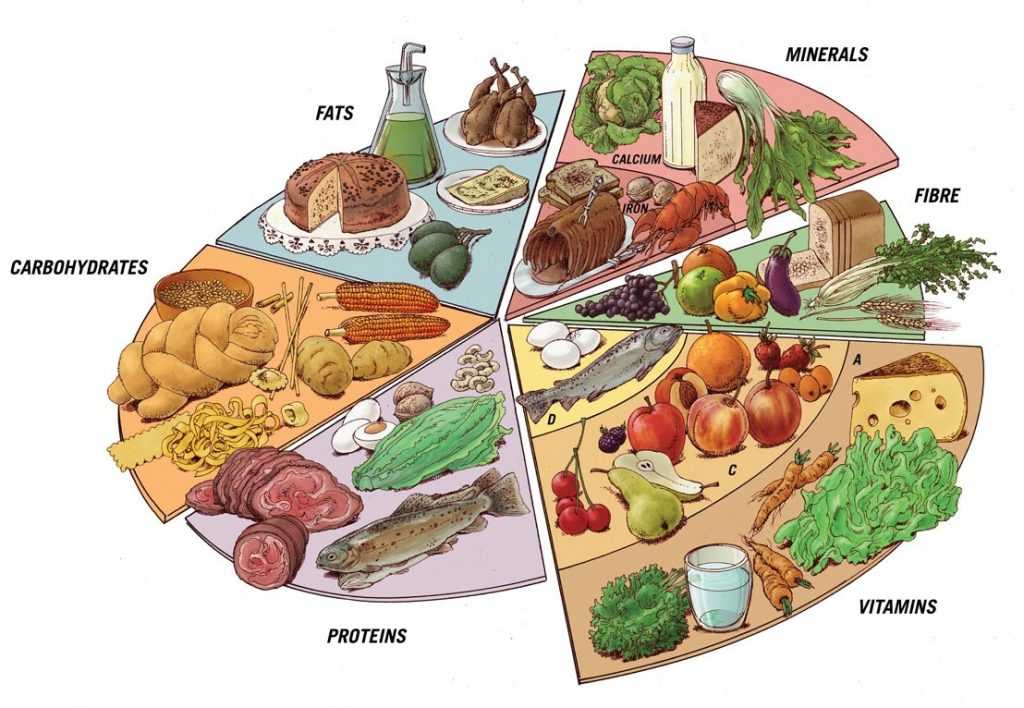
Avoid honey
Be sure to never feed a baby under 1-year-old honey, as doing so can put them at risk of botulism and pose a choking hazard (9).
4. Peanut butter
Peanut butter packs protein and fats — both of which can encourage weight gain in your baby.
Keep in mind that peanuts are one of the 8 allergens that can cause the most serious allergic reactions in the United States (10).
The latest evidence supports feeding infants as young as 6 months foods that commonly cause allergies. This includes peanuts. Research suggests this approach may actually help prevent allergies from developing (11, 12).
You’ll want to introduce allergenic foods methodically, always one at a time and introducing new, higher-risk foods at least a week apart.
It’s important to feed these to your baby on a regular basis — always watching for signs of allergies, including hives, redness around the mouth, or wheezing. If this occurs, seek medical help immediately (11, 12).
Never feed your baby peanut butter straight from the jar, as doing so may pose a choking hazard.
The best way to feed them natural peanut butter, or any other type of nut butter, is to blend them with either warm water, applesauce, breast milk or formula, or — if you’ve already introduced dairy — yogurt.
You can add it to oatmeal for added richness.
If your child is at a higher risk of allergies or has had eczema, speak with a healthcare professional before feeding them any nut butters or higher-risk foods.
They may advise waiting until they’re older and then want to supervise this in their office or suggest an allergy test first (13).
8 most common food allergies
- cow’s milk
- eggs
- fish
- crustacean shellfish, like shrimp
- wheat
- soy
- peanuts
- tree nuts
Learn more about food allergies here.
5. Eggs
Eggs are another powerhouse food that’s great for infants and adults alike. They provide a filling combination of fats and protein. They’re often gentle on the stomach, versatile, and easy to prepare (14,15).
They provide a filling combination of fats and protein. They’re often gentle on the stomach, versatile, and easy to prepare (14,15).
Be mindful because this is another common allergenic food that you’ll want to introduce slowly and methodically. Keep an eye open for an allergic reaction. Seek immediate emergency care if your baby is wheezing or having trouble breathing (11, 12).
Once eggs are a mainstay in your baby’s diet, you could try scrambling them and sprinkling in some cheese and veggies for added nutrients.
You can also use eggs in other dishes. For example, try adding them to rice with cheese and veggies for some quick rice patties, then cut these into strips to serve.
You certainly don’t have to hold off until the 9-month mark to introduce fish, but it might be easier for babies to handle the texture at this age than earlier in life.
6. Fish
Fish delivers protein and healthy fats that are vital to your little one’s growth. Do be mindful to seek out low mercury fish, like salmon, herring, and trout (16).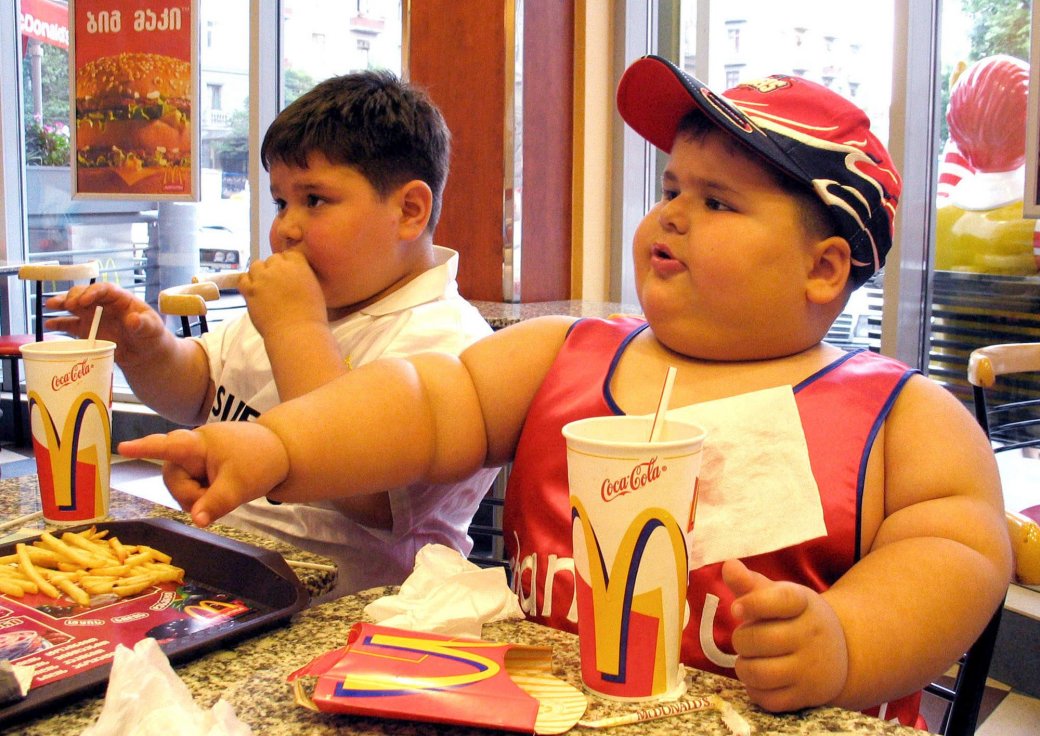
Furthermore, these and other fish contain brain-nourishing docosahexaenoic acid (DHA), a type of omega-3 fatty acid that’s essential for proper brain development in early childhood (17).
Pair fish with a rich lemon full fat yogurt dip or marinara sauce for added nutrients.
It seems counterintuitive, but when babies hit their 12-month milestone, you may find they’re eating less.
This is because their growth rate slows. In fact, most toddlers will only put on about 5 pounds between their first and second birthday (18).
Of course, they’re still growing and needing lots of nourishment — they are simply not growing quite as rapidly as they were in those first 12 months of life.
So, don’t be worried if your champion eater suddenly slows down or plateaus at this phase. If they still have the energy to play and seem alert, they’re probably doing just fine.
7. Olive or avocado oils
Your toddler should get a fair amount of healthy fats. In fact, 30–40% of your toddler’s calories should come from fats (19).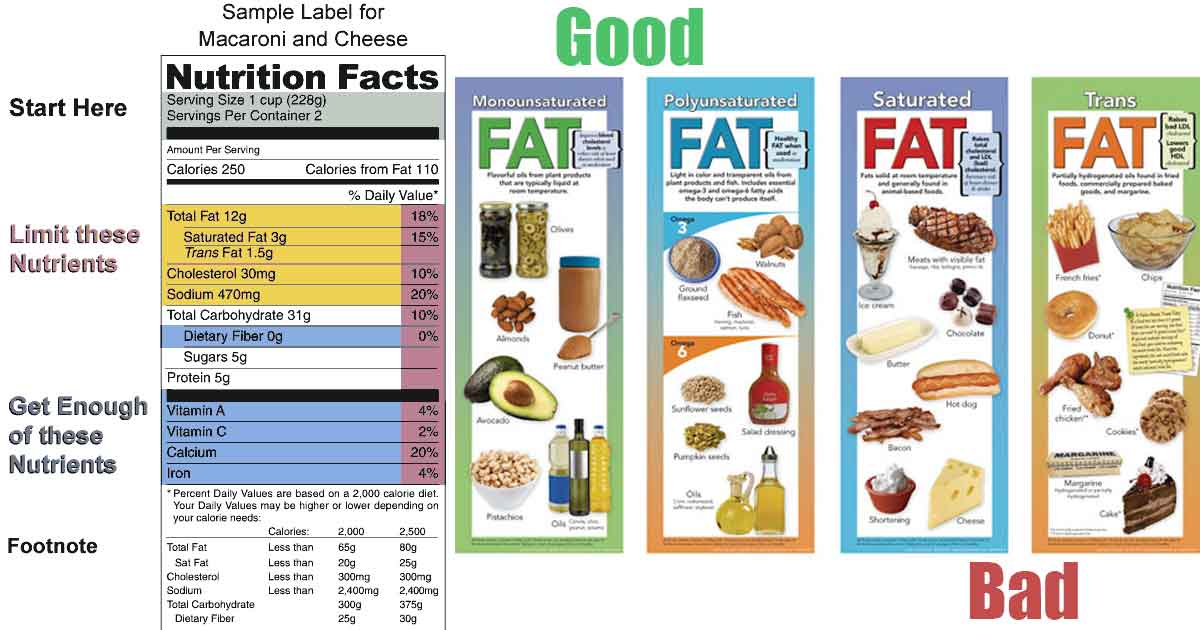
They need roughly 1,000-1400 calories each day at this age, so that translates to about 30–50 grams of fat per day (19).
If your toddler needs a bit more support, consider adding a splash of olive oil or avocado oil to their food, about 1/4–1/2 tablespoon (4–7 mL) to start. You can add it into a bowl of soup or hummus or sop some whole grain bread into it.
Take care not to feed your baby too much oil, as doing so could cause gastric upset or diarrhea.
If your baby has energy to play and is tracking along with developmental milestones, they’re probably growing just fine.
Unless a healthcare professional has identified an issue with your baby’s weight, you probably don’t need to worry.
Keep in mind that babies born prematurely and those with special health needs may not track along with general growth charts.
That said, parental instinct is real. Always voice any concerns with your child’s healthcare professional. Take note of what exactly you observe that troubles you, in as much detail as possible.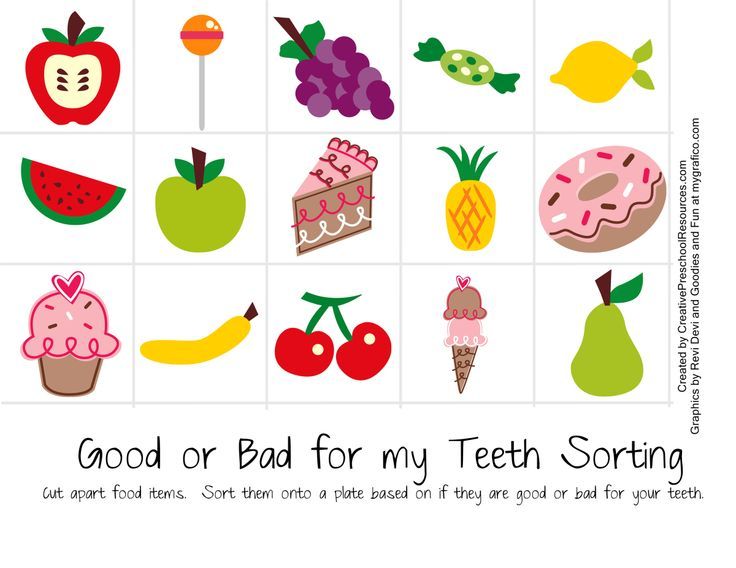
For example, you could record the times, dates, and amounts and types of food your child has eaten.
If your baby seems lethargic, is refusing to feed, or isn’t meeting developmental milestones, you should make an appointment to speak with a healthcare professional, such as a pediatrician.
In addition to a medical evaluation, they may refer you to another specialist, lactation consultant, occupational therapist, or dietitian.
Your little one’s early nutrition can have lifelong impacts. Making sure they’re getting enough to eat — and growing enough — is a concern for many parents.
If your child is not tracking along or suddenly not feeding as well as they used to, speak with a healthcare professional to rule out any underlying causes. Do keep in mind that babies’ food intake normally slows at around the 12-month mark.
There are many wonderful, nourishing foods to help support your baby’s growth — including eggs, avocados, and peanut butter.
If they’re younger, or under 6 months, try to provide enough opportunities for them to breastfeed or drink enough formula according to their hunger cues.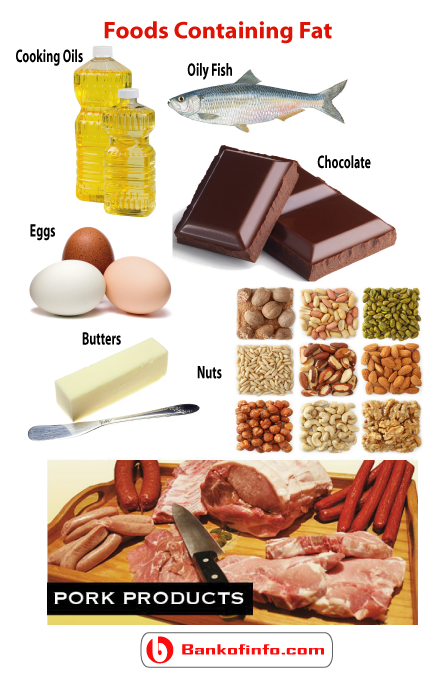
All that said, if your little one seems alert, is meeting the developmental milestones for their age, and has enough energy to play, they’re probably getting enough to eat.
Just one thing
Try this today: The article 21 Homemade Baby Food Recipes is a great resource with tips on how to make a variety of tasty, nutritious meals for your baby once they start eating solid foods.
Features of nutrition: food violence | News and Articles VkusVill: Moscow and the region
After a series of texts on eating disorders, we decided to continue talking about the eating habits of people who are faced with various diseases.
Last time, together with the expert Natalia Nefedova and the heroine of our material Margarita, we talked about type 1 diabetes. Now we decided to discuss food violence and its consequences. A member of the Russian Psychological Society, crisis psychologist and nutritionist Galina Polovinka and five beautiful girls who shared their stories helped us with this.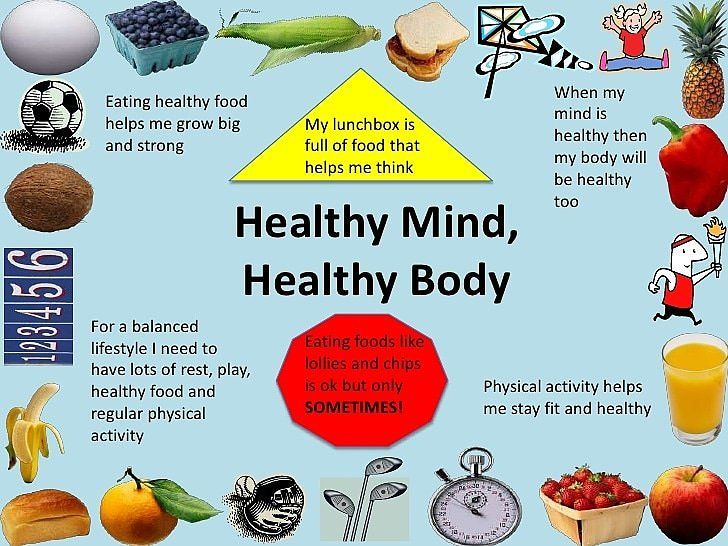
What is food abuse
Many people can find a large number of blocks in eating behavior that have appeared as a result of the "motivational" parenting model used by their parents. Often this model is passed down “by inheritance”, due to a rather primitive, but very impenetrable position: “I was brought up like that - and nothing, I grew up as a normal person.”
The norm, of course, changes over time. And not only because of the different views of new generations, but also thanks to the research of scientists and doctors who discover new facets of the consequences of certain behaviors.
Food abuse has many facets and is expressed both by restrictions in the format “until ..., there will be no food”, and “feeding”, when the parent forces the child to eat everything to the last crumb or gives him only those foods that he considers useful (and some of them actually are).
In the case of the “right” foods, the child (immediately or already in adulthood) develops an offensive aversion to certain foods, open hatred and the emergence of a gag reflex to what the family forced to eat. Against this background, a person may develop food neophobia - the fear of trying new food and fixation only on those products that he knows. The situation can also take on a more pathological character: a child (or already an adult) will begin to eat only certain products of specific companies. Most often carbohydrate and high-calorie.
Against this background, a person may develop food neophobia - the fear of trying new food and fixation only on those products that he knows. The situation can also take on a more pathological character: a child (or already an adult) will begin to eat only certain products of specific companies. Most often carbohydrate and high-calorie.
Situations when it is necessary to finish everything that was put on the plate may be fraught with the fact that later a person will not be able to leave food on his plate, and sometimes even on the plate of his child, husband or someone else. This in the long run can lead to the development of overeating, and then obesity.
When food is “motivated” (for example, “until you do your homework, there will be no food”), there can be two outcomes of events:
- The child will start eating stealthily, stealing food or money for it. It will absorb everything indiscriminately in order to have time to eat at least something and dull the feeling of hunger.
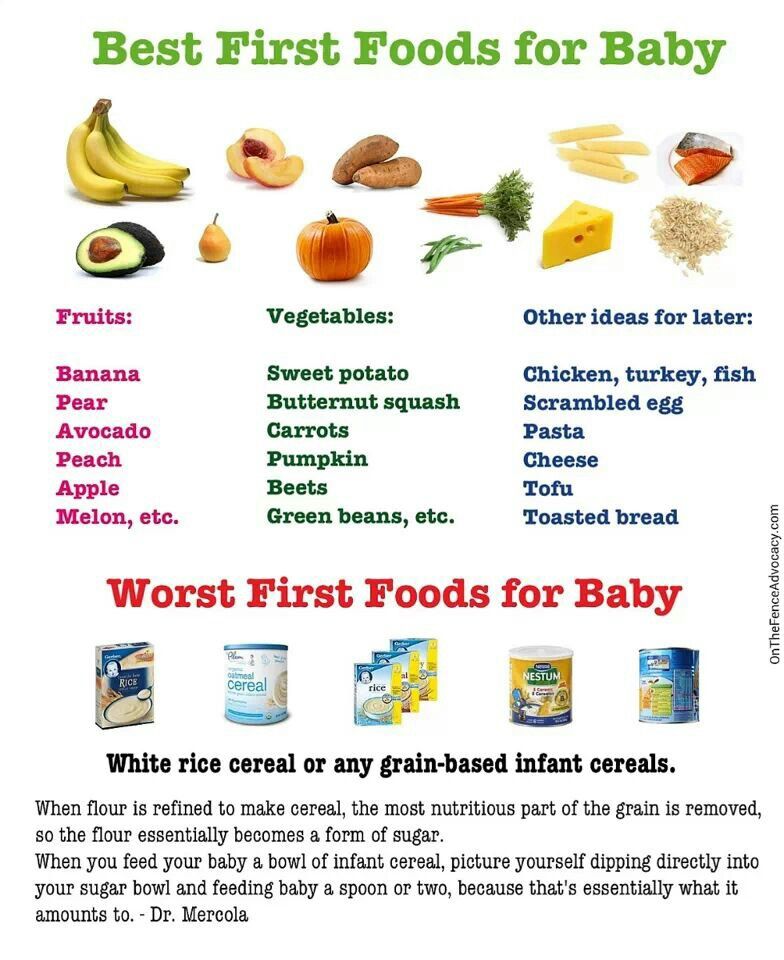 As a result, this can lead to the development of obesity, compulsive overeating and bulimia.
As a result, this can lead to the development of obesity, compulsive overeating and bulimia. - The child will acquire the demeanor of “it won't be my way - I'm going on a hunger strike”, will begin to sabotage and out of spite not fulfill the very conditions set by the parents. This may be followed by the risk of developing anorexia. In adulthood, this manner is likely to continue, which can also lead to compulsive overeating (a person goes hungry all day, explaining this by a lack of time and opportunity, and in the evening he starts eating everything).
Food violence can be expressed not only in the habitual for the post-Soviet space “an airplane flies right into your mouth”, “for mom, for dad” and “you won’t leave the table until you finish”. Sometimes it begins even at the stage of pregnancy, when the mother is on a diet or does not have the opportunity to fully eat. Then, after birth, the child eats every time as if he was kept on a starvation diet. He just can't get enough.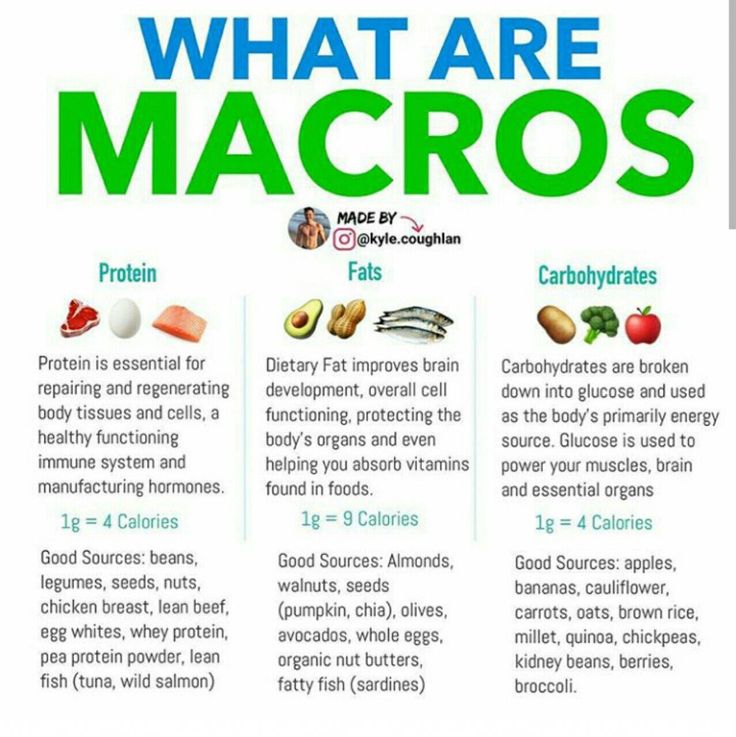
How to instill proper eating behavior in a child
Most likely, if you give your child full rein, his diet will consist only of sweets and fast food. In this regard, parental control of child nutrition is simply necessary for the normal growth and development of the child. But it is needed in rational doses and in a soft, supportive format.
It is necessary to realize and accept several facts:
- the child always knows about hunger and satiety and transmits them to the parent;
- sometimes the child may show that he has eaten, and after 5-10 minutes ask for more food, and this is normal;
- children often eat mono-products: “empty” pasta, buckwheat, etc.;
- when tasting something, children first of all rely not on the taste aspect, but on the visual aspect - it is necessary that the food be beautiful and attract the child;
- children intuitively sooner or later begin to show interest in new products.
Proceeding from this, you need to regulate your own patterns of behavior, which in the future will instill in the child the right attitude to food.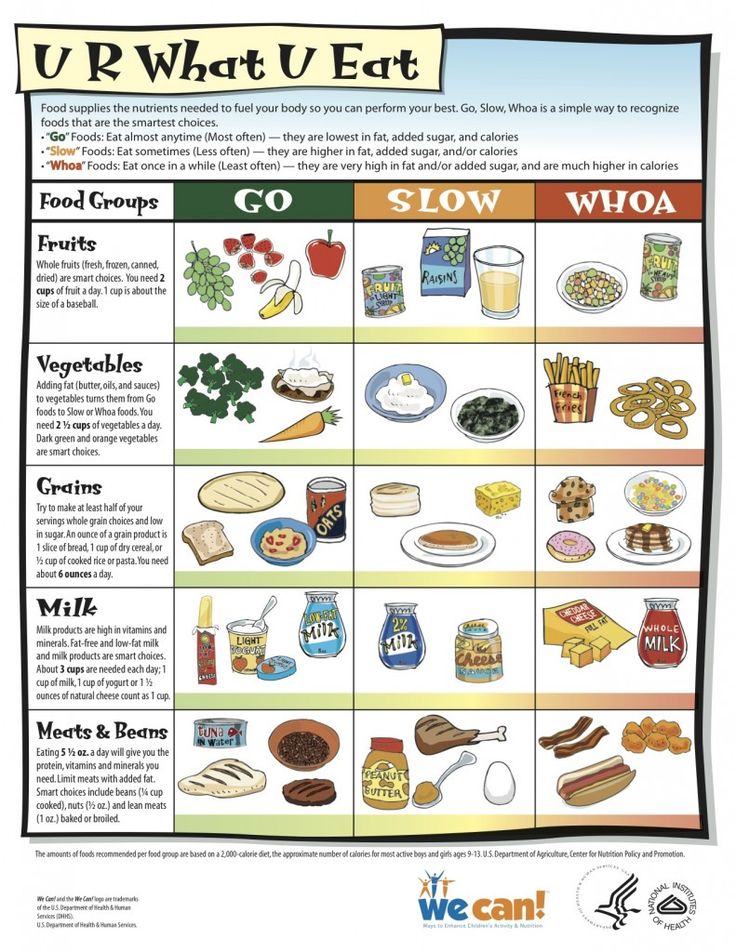
Shall we analyze everything in a little more detail?
“I declare a hunger strike”
Firstly, it is worth feeding the child not according to a clear schedule, but according to his desire - because otherwise he may begin to experience a feeling of hunger very “in advance”, and by the time of eating he will be so hungry that overeat. This, of course, does not mean that you need to completely stop calling the children for lunch or breakfast, but you do not need to be tied to a specific time.
Secondly, when a child makes it clear that he has had enough, and after some time comes running and asks for a snack, you should not refuse him. The words “you just ate” and “you had to finish everything at once” are absolutely inappropriate, because sometimes the amount of food eaten is absolutely not equal to its nutritional value. And to realize this, a child needs a little more time than an adult (although adults do not always know how to understand and determine this).
The moment of hunger as a whole on a subconscious level is combined with a feeling of lack of love. Until a certain age, the child receives protection through food. Therefore, too long a feeling of hunger can make a child feel unloved and abandoned.
He experiences the same if parents begin to manipulate with the help of food - they force him to eat separately if the child is capricious; kicked out from the table or not allowed to eat until he does his homework / housework / something else.
"Grandmother's love"
The fact that a child defines love and security through food does not mean that it is necessary to feed him. Getting love through food is not the same as broadcasting it through food. Often grandmothers sin with such behavior: they stuff children and force them to eat everything to the end, manipulating resentment, or they buy everything that the child asks for, despite the harmfulness of what they want.
In this case, an adult needs to learn another way to show his love and care, otherwise in the future the child himself will not be able to show feelings in an ecological way.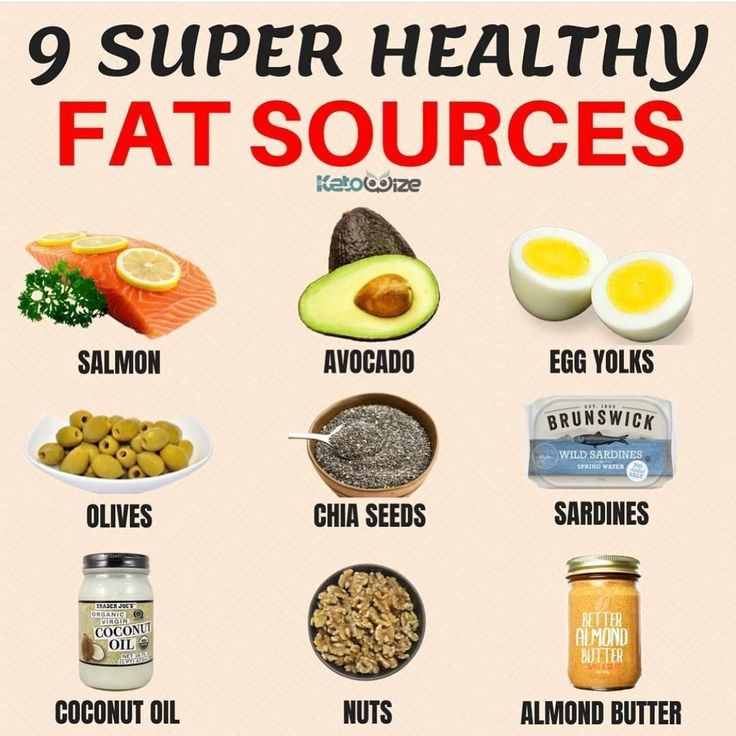 In addition, it is likely to face consequences in the form of food spectrum problems.
In addition, it is likely to face consequences in the form of food spectrum problems.
When a child asks for something harmful, such as chips or chocolate, there is no need to refuse radically. So over time, he may begin to overeat forbidden foods, hiding it from you.
It is also not worth reducing the consumption of "harmful things" by turning them into a reward. Otherwise, an unhealthy association will be fixed, which will lead to problems in the future.
It can be explained to a more or less adult child that some foods cannot be eaten every day, because they are of no use. Little ones do not need to be given at all.
“I want”
It is also worth finding alternatives. The range of food products is now so wide that it is simply impossible not to find a healthy replacement or a new product that is tasty and at the same time healthy for a child.
Well, you need to insist on your own a little less radically. Children in most cases react from the opposite, however, like adults.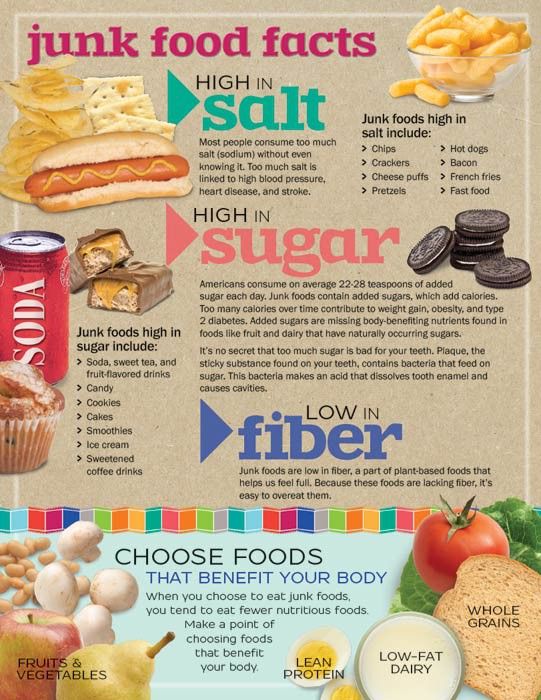 If you are told not to think about the yellow elephant, then most likely it is about him that you will begin to think. And the stricter the ban, the more you want to break it. Therefore, if you remove the attention and stress from junk food, it is likely that children will simply forget about it.
If you are told not to think about the yellow elephant, then most likely it is about him that you will begin to think. And the stricter the ban, the more you want to break it. Therefore, if you remove the attention and stress from junk food, it is likely that children will simply forget about it.
Less persistence = less resistance
Introducing new foods into a child's diet works the same way.
Of course, a balanced and varied diet is essential for health. But, as noted above, children are not ready to eat complex and unattractive new foods.
Therefore, it is worth, firstly, to simplify the dishes or even offer the child mono-products. Secondly, to serve them in a fun and beautiful way, so that the child becomes interested and his eyes “feel delicious”. Thirdly, relieve tension and do not forcefully stuff the child.
Sooner or later, children themselves become interested in new products, and they can be stimulated to this interest by unobtrusive offers to try or smell, native advertising in the format “what a beautiful and tasty apple” or even by their own example.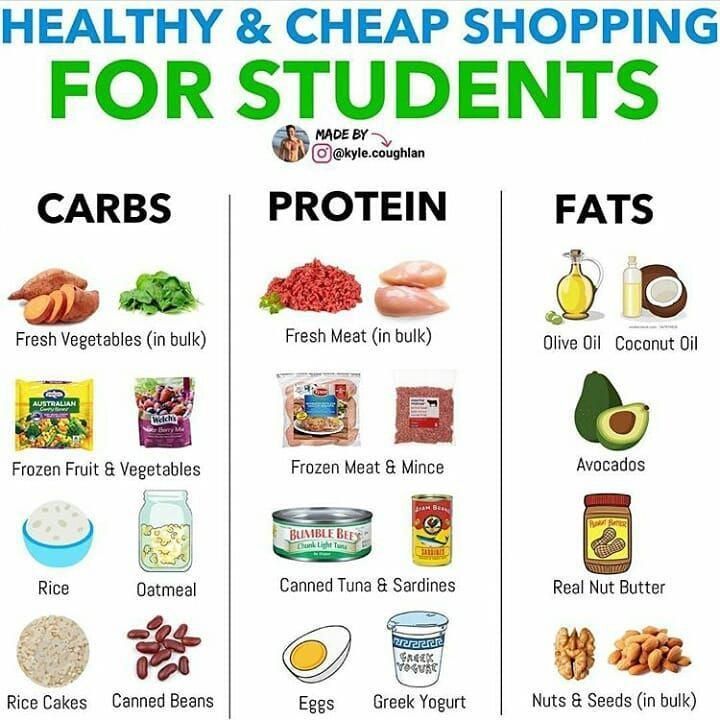 But you can’t insist, because the child will act from the opposite, or in the long run, and will begin to feel disgust for a particular product. You should also not motivate to eat with cartoons. This diverts the attention of the child and interferes with the perception of satiety. In the future, because of this, compulsive overeating, obesity and metabolic disorders can develop.
But you can’t insist, because the child will act from the opposite, or in the long run, and will begin to feel disgust for a particular product. You should also not motivate to eat with cartoons. This diverts the attention of the child and interferes with the perception of satiety. In the future, because of this, compulsive overeating, obesity and metabolic disorders can develop.
Consequences of food abuse: personal stories
“I played sports and had to keep myself in shape all the time. I had colossal physical activity, and in general, I never had problems with body weight. But for some reason my parents thought that if I ate a lot, I would become fat. And doing any sport with excess weight is difficult, because it is a load on the joints, tendons, etc. I was not offended, I was not indignant, but I was always very surprised why they fed me little or not fed at all. Girlfriends who also went to training were never forbidden to eat. They did not suffer from any problems with weight or nutrition, everything was fine with them and they ate like ordinary people: for example, at school they ate their breakfasts and lunches, and after training they also had dinner. And I don’t remember at all what my dinners looked like, perhaps because they simply didn’t exist.
And I don’t remember at all what my dinners looked like, perhaps because they simply didn’t exist.
It's not like I'm being starved. But I was overwritten by some Chinese wisdom that “you need to get up from the table hungry” and “there should be food on the plate”, “the one who eats to the end does everything not according to Feng Shui”. There were periods when my mother arranged fasting weeks for me. I could only eat fruits, vegetables and drink water. This is trash, because on such a diet it is impossible to live normally for a whole week. I also remember the period before the competition, when for some reason my parents told me to lose weight urgently (although I was not fat), and I ate cucumbers with water. Absolutely no jokes and no exaggeration. I ate cucumbers, respectively, without salt, because it retains fluid and you get fat from it. And I ate only cucumbers in unlimited quantities; but you need to understand that cucumbers are practically 0 calories, you don’t get enough of them.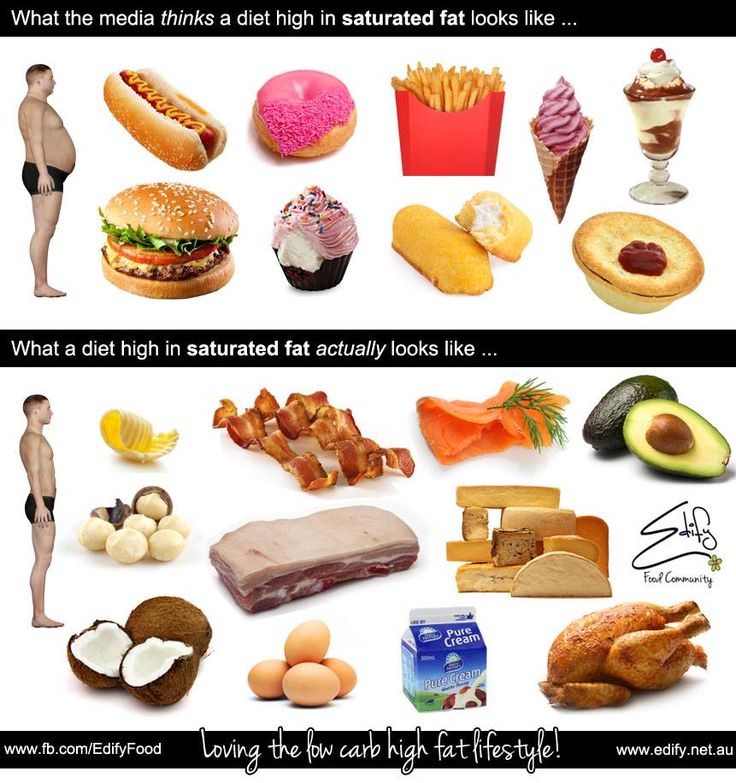 They fell into me, I washed them down with water - and after half an hour I was hungry again. What did it lead to? When I left the sport, I started to eat simply in incredible quantities. Gained a kilogram a month and became very ill. The metabolism was very shaky, and I did not understand if I could eat or not and what to do about it. Parents waved their hands: “Yes, that’s it, you don’t do it anymore, do what you want.” Due to the fact that almost all my childhood I was not given sweet and starchy foods, I began to lean on rolls, chocolates and fast food. And two years later, gastritis worsened, because I began to eat randomly.
They fell into me, I washed them down with water - and after half an hour I was hungry again. What did it lead to? When I left the sport, I started to eat simply in incredible quantities. Gained a kilogram a month and became very ill. The metabolism was very shaky, and I did not understand if I could eat or not and what to do about it. Parents waved their hands: “Yes, that’s it, you don’t do it anymore, do what you want.” Due to the fact that almost all my childhood I was not given sweet and starchy foods, I began to lean on rolls, chocolates and fast food. And two years later, gastritis worsened, because I began to eat randomly.
Now I have a very strange eating behavior: I can eat non-stop all day, and not eat at all the next day. I know that this is not entirely correct, but I feel so comfortable because I write it all off for the needs of my own body. And when I talk to my parents about the fact that in childhood they didn’t let me eat, my mother says: “It was all for the good, you went in for sports, and you couldn’t eat.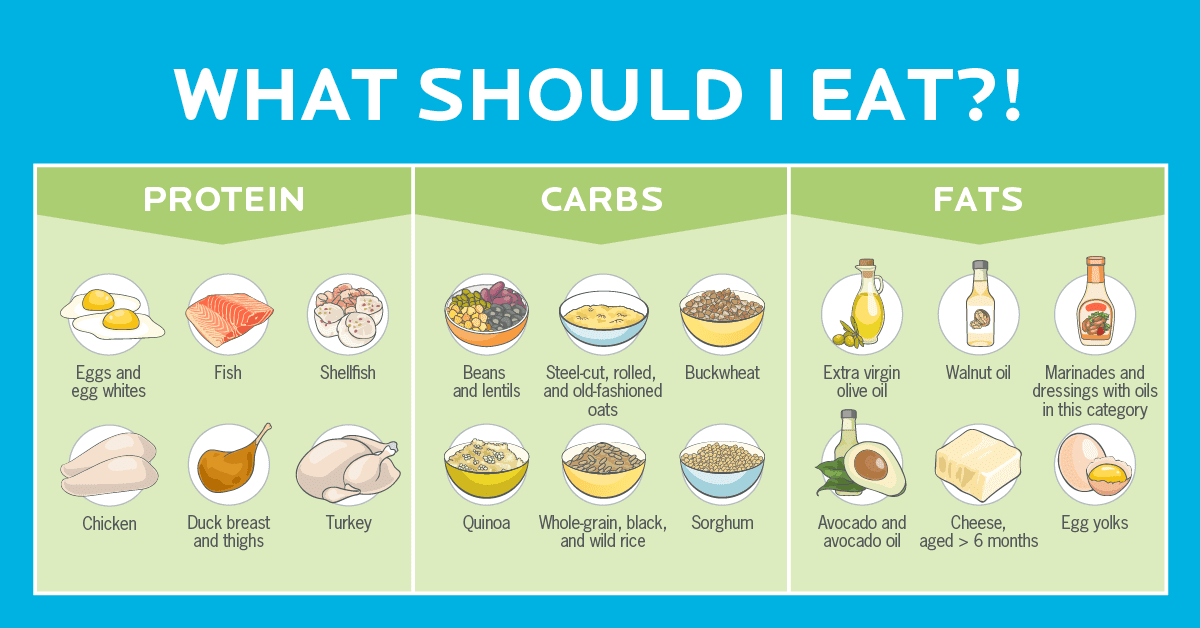 You should be grateful to me for starving you, because otherwise you would be fat and not win all your cups, medals and awards. In general, my parents do not see their guilt in the fact that they did not feed me and in my stomach problems. But, let's put it this way, even then I understood that something was wrong, and now I understand that it should not be so. And in no case will it ever happen to my child.”
You should be grateful to me for starving you, because otherwise you would be fat and not win all your cups, medals and awards. In general, my parents do not see their guilt in the fact that they did not feed me and in my stomach problems. But, let's put it this way, even then I understood that something was wrong, and now I understand that it should not be so. And in no case will it ever happen to my child.”
“When I was little, they used to play “spoon for mom, spoon for dad” with me. They also distracted with some sweetness from the not very tasty one: while you open your mouth on it, it’s time for you - and they give you a spoonful of mashed potatoes. When my younger brother grew up and I fed him, my mother taught me to do the same. I saw similar things from my grandmother: for example, it was impossible to not eat enough bread at her house, because “bread is the head of everything.”
When I became a teenager, the hormones hit my body so hard that I was "smashed". At the same time, I was an ordinary teenager - not fat, a little more than my weight before, but no more.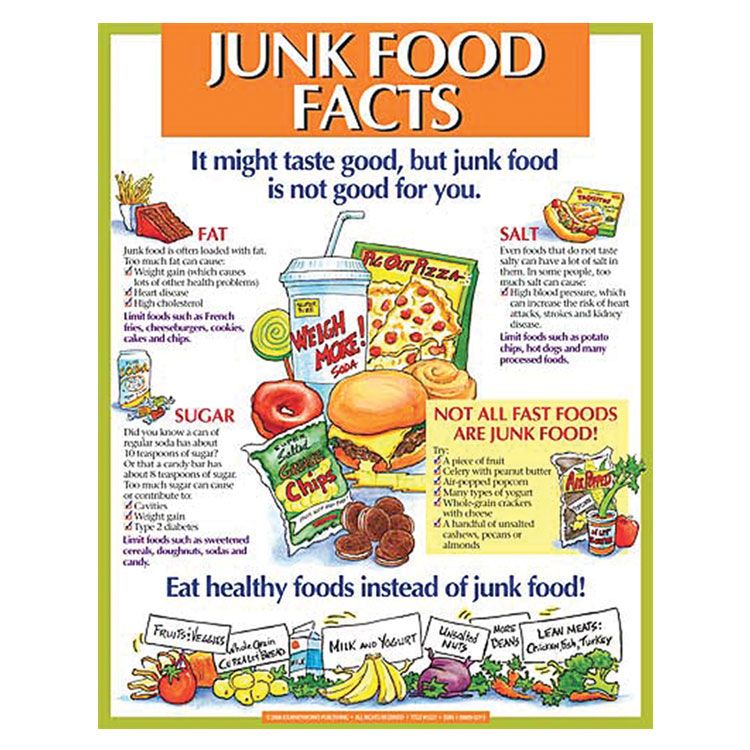 Although my family is athletic, all hikers are my father, grandmother, grandfather, at that time I did not support this culture and did not go in for sports. When we ate, and I was in short shorts, they constantly teased me, especially dad. Grandfather called "mare". They told me: “Oh, what kind of barrel is this?”, “You need new jeans, you can’t fit into the old ones anymore? Of course, you don't do anything." And I didn’t know how to defend myself against this, they had the words at the ready about “come on, what are you offended about, you don’t need to take it too closely.” Naturally, when you are a teenager and are just being formed, and you often hear from your parents, grandparents that something is wrong with your body, over time you begin to believe in it.
Although my family is athletic, all hikers are my father, grandmother, grandfather, at that time I did not support this culture and did not go in for sports. When we ate, and I was in short shorts, they constantly teased me, especially dad. Grandfather called "mare". They told me: “Oh, what kind of barrel is this?”, “You need new jeans, you can’t fit into the old ones anymore? Of course, you don't do anything." And I didn’t know how to defend myself against this, they had the words at the ready about “come on, what are you offended about, you don’t need to take it too closely.” Naturally, when you are a teenager and are just being formed, and you often hear from your parents, grandparents that something is wrong with your body, over time you begin to believe in it.
In the 11th grade, that is, two years ago, everything came to a head, I started having an eating disorder. I couldn't look at myself in the mirror at all. It seemed to me that something was wrong, because I should look like women from the covers. Now I understand that this is stupid, but then there was a feeling that everything, the world converges on this. And because of this, I deliberately began to constantly reduce the amount of food in the diet. After about two months, a box of juice a day was enough for me, and I lost about 10 kilograms. But the worst thing was that no matter how much I threw off, it seemed to me that I was only getting worse and worse.
Now I understand that this is stupid, but then there was a feeling that everything, the world converges on this. And because of this, I deliberately began to constantly reduce the amount of food in the diet. After about two months, a box of juice a day was enough for me, and I lost about 10 kilograms. But the worst thing was that no matter how much I threw off, it seemed to me that I was only getting worse and worse.
Ulyana
“My relationship with food has always been strained, apparently because of my mother's “jokes”. Now I eat almost nothing, I am very picky about food. And in the notes there is a whole list of what I don’t eat simply because I don’t feel like it. From the age of four, my mother often forced me to eat according to the principle “you won’t leave the table until you finish.” I heard this phrase almost every day, and three times in my memory I literally spent the night at the table. I woke up in the morning next to a half-eaten dinner, and my mother with psychos threw a plate into the sink and said: “Don’t come across my eyes again, don’t eat today. ” Everything had to be eaten, it was forbidden to throw it in the trash: “It’s all food, don’t transfer food.” She also forbade me to cook, although almost every day I asked to be allowed to make some cottage cheese cake myself. She answered: “You will ruin everything again, you will spend a lot of apples and eggs. You don’t have to do anything, you only translate products.” It was the same with my older sister, with regard to her, my mother had no other rules.
” Everything had to be eaten, it was forbidden to throw it in the trash: “It’s all food, don’t transfer food.” She also forbade me to cook, although almost every day I asked to be allowed to make some cottage cheese cake myself. She answered: “You will ruin everything again, you will spend a lot of apples and eggs. You don’t have to do anything, you only translate products.” It was the same with my older sister, with regard to her, my mother had no other rules.
As a result, the sister is now in a state where she either does not eat at all or eats in huge portions, eating problems. I have a broken diet: either I don’t eat, or I eat twice a day in small portions. I try to control it, but it's hard. Although "zazhory" also happen. It's probably okay. Or maybe not. I dont know.
By the way, my sister has already become a mother herself, her daughter is now three years old. But our mother even interferes with her upbringing. She says: “Why does she eat so little, why are the portions so small?” Or comments on the photo in the spirit: “Feed a three-year-old child with pasta? But what about soups?!” And when Amelia began to grow up and gain weight, the mother began to play caring grandmother with worries that the child was beginning to become obese.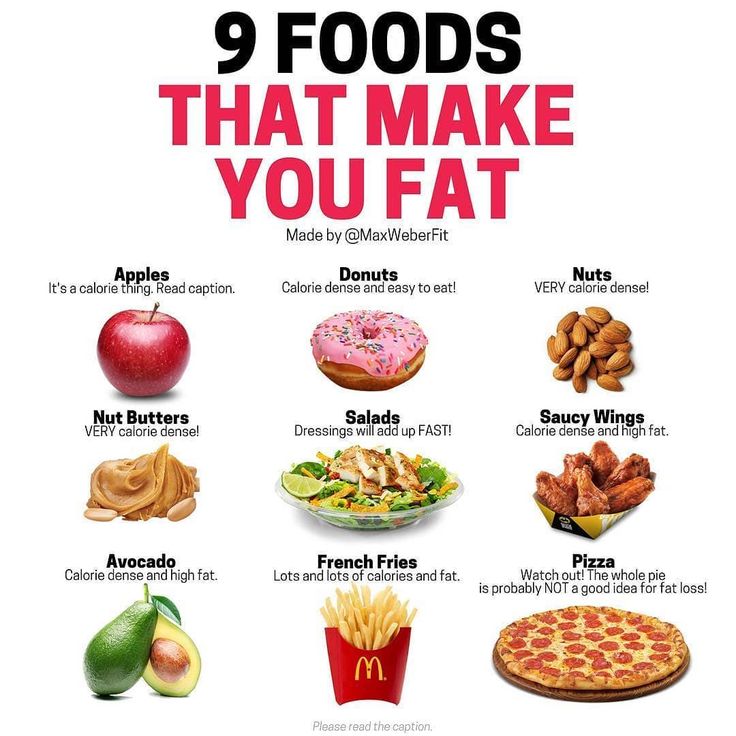 Although the niece is at a healthy weight for her age and height.”
Although the niece is at a healthy weight for her age and height.”
“Problems with food started for me, like many people, probably, since childhood. There was a typical story in the kindergarten: me and my girlfriend (both ate badly) were constantly left at the dinner table for a long time, despite the fact that the rest of the children left for a quiet hour. They promised that they would call both the police and the President himself, so that they would scold us. Naturally, all this was perceived by the children's brain as something terrible, but I still could not eat. However, perhaps my nutritional problems began even earlier: dad is a big prankster, he jokingly said that I was allergic to some foods or that some things were poisonous to me. So, for example, I could not calmly eat tomatoes and still eat any red food with great difficulty, because I once remembered: red is poisonous. Dad once joked that I was allergic to garlic; even just smelling garlic, I began to hiss, spit and get hysterical that I was about to die from allergies. It all resulted in a long period of struggle with eating disorders, which began in the 7th grade. The situation stabilized only after the 2nd year of university.”
It all resulted in a long period of struggle with eating disorders, which began in the 7th grade. The situation stabilized only after the 2nd year of university.”
Tell me, have you experienced food abuse?
Michel
What is feeding, or feederism, and why is it dangerous
Instructions for survival - something - already in adulthood. Afisha Daily asked people who were forced to eat how it affected them, and talked to psychologists and a nutritionist about the dangers of overfeeding.
Updated (May 17): The Merciless PR man Telegram channel published a post where he told how he deceived the Afisha Daily editor while preparing this material. In short, a letter arrived in the mail of Darya Blagovaya, in which the girl, who introduced herself as Marina, spoke about how her partner was force-feeding her. We became interested in this phenomenon and decided to look into the issue. It turned out that feederism is a common form of domestic violence, and we easily found heroes who experienced this, and also interviewed experts who understand the topic.
Since the story of the fictitious Marina was included in the final text, the editors of Afisha Daily apologize to its readers (we consider it wrong to edit the material - in this case after the fact). In our country, cases of domestic violence are recorded very rarely, so it is almost impossible to check whether the heroes actually experienced it. Under these conditions, we tend to believe victims of domestic violence and, with their consent, tell stories in public.
What child-feeding looks like
“The worst holidays of my life were the months we spent visiting my mother's friend's parents in Brandenburg,” Sascha says. At home, she was never forced to eat, but rather, on the contrary, she was taught to say in advance how much food she needed. But in Brandenburg, they put a huge plate from an old service in front of her, on which lay "a whole bunch of food": cabbage, potatoes with sauce, a pile of meat and "some cranberry or apple in the corner. " “Traveling to the other side of this plate was like crossing a desert, only to cross it, I had to rake all this sand into myself,” the girl recalls. Most of all, it was not the fat content of the food that irritated her, but its quantity - even now, according to the already adult Sasha, one such plate would be enough for her for the whole day.
" “Traveling to the other side of this plate was like crossing a desert, only to cross it, I had to rake all this sand into myself,” the girl recalls. Most of all, it was not the fat content of the food that irritated her, but its quantity - even now, according to the already adult Sasha, one such plate would be enough for her for the whole day.
“I still remember these dinners as something terrible,” she says. “They were accompanied by endless discussions. There were absurd constructions about my future and how it would be spoiled if I didn’t eat enough. Once they even told me about their distant relative, a Frenchwoman, “wrong” and thin. In this family, French women were the embodiment of all the worst in a woman's life: they were simultaneously allegedly involved in prostitution, enjoyed it, and strove to have children out of wedlock. It all had something to do with their thinness."
Lyubov remembers that she was always a slender girl, ate little, and this did not bother her mother: she cooked dietary food herself and allowed her daughter to eat as much as she herself wanted.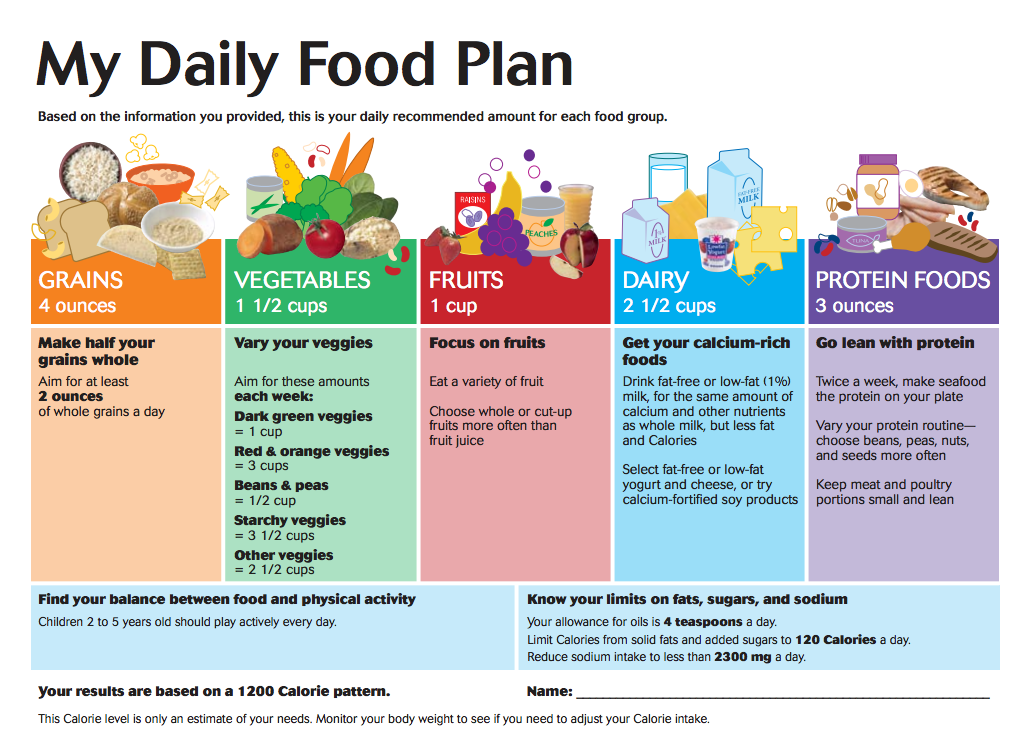 But it seemed to her grandmother and aunt, who lived in the village where Lyubov spent all her holidays since childhood, that she was too thin, and they fed her fatty foods: fried meat, lard pies, borscht. “They put a plate of food in front of me and forbade me to get up from the table until I had eaten everything,” she says. “It could go on for hours, the food got cold, it smelled bad, I fell asleep right at the table, but I couldn’t leave.” Sometimes one of the adults could sit next to them to hurry the child. They tried to feed love from a spoon, read endless lectures, in which they set the neighbor girls as an example: “They said that since they are so fat and strong, they will definitely be married, and no one will marry a bad one, because she will not be able to work. They also told me that food is the building blocks for my body, and since it is being built, I need to eat a lot. Lyubov says that even now, when she is thirty, her grandmother is still trying to feed her and at every meeting she repeats: “Eat, Lyubasha, eat!”
But it seemed to her grandmother and aunt, who lived in the village where Lyubov spent all her holidays since childhood, that she was too thin, and they fed her fatty foods: fried meat, lard pies, borscht. “They put a plate of food in front of me and forbade me to get up from the table until I had eaten everything,” she says. “It could go on for hours, the food got cold, it smelled bad, I fell asleep right at the table, but I couldn’t leave.” Sometimes one of the adults could sit next to them to hurry the child. They tried to feed love from a spoon, read endless lectures, in which they set the neighbor girls as an example: “They said that since they are so fat and strong, they will definitely be married, and no one will marry a bad one, because she will not be able to work. They also told me that food is the building blocks for my body, and since it is being built, I need to eat a lot. Lyubov says that even now, when she is thirty, her grandmother is still trying to feed her and at every meeting she repeats: “Eat, Lyubasha, eat!”
Why do adults force children to eat a lot? Victoria Suksova believes that children are so often fed on the territory of the former USSR, because for the older generations, satiety was a matter of survival, and thinness was perceived as a sign of poor health.
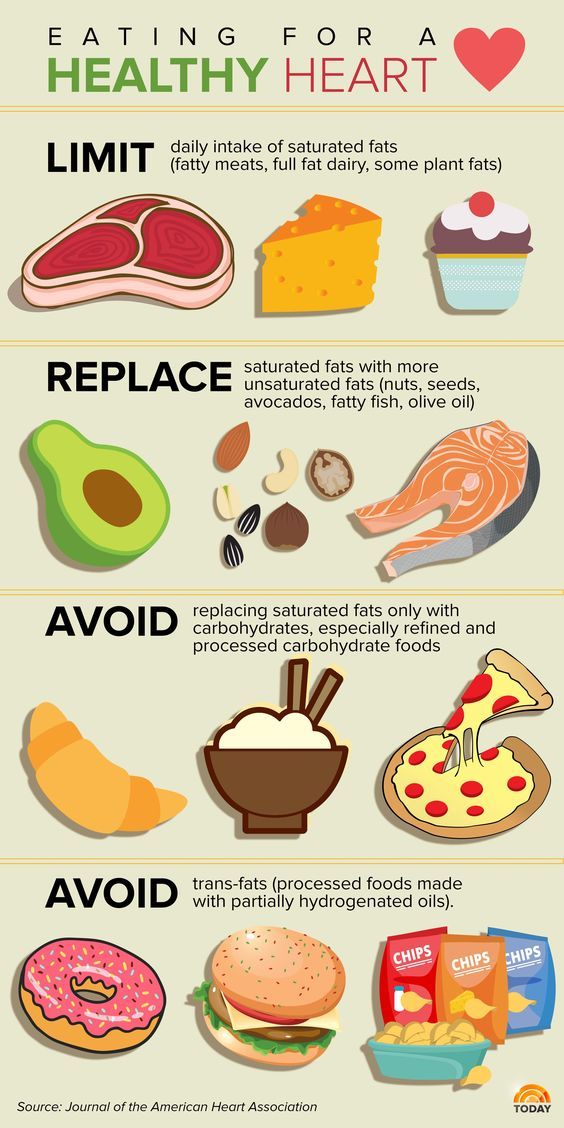 Psychotherapist Vlad Bukhtoyarov also connects the tendency to food violence with painful memories of famine times: “In our countries, almost every family in the last couple of generations has faced hunger: many families have either memories, or a grandmother who remembers the blockade of Leningrad, the post-war famine, or even famine. In addition, many were malnourished in the nineties. These traumatic memories give rise to a number of irrational attitudes: for example, that there is not enough food, and you need to eat while they are giving. It is with painful memories of the famine times that Bukhtoyarov explains the panic that began after the introduction of food sanctions: it seemed to many that something terrible was about to begin. “At the same time, force-feeding a child is a form of food violence, and talk about “if you don’t eat porridge, you won’t be strong,” “if you’re thin, you won’t get married,” are projections of adult fears onto a child,” explains Bukhtoyarov.
Psychotherapist Vlad Bukhtoyarov also connects the tendency to food violence with painful memories of famine times: “In our countries, almost every family in the last couple of generations has faced hunger: many families have either memories, or a grandmother who remembers the blockade of Leningrad, the post-war famine, or even famine. In addition, many were malnourished in the nineties. These traumatic memories give rise to a number of irrational attitudes: for example, that there is not enough food, and you need to eat while they are giving. It is with painful memories of the famine times that Bukhtoyarov explains the panic that began after the introduction of food sanctions: it seemed to many that something terrible was about to begin. “At the same time, force-feeding a child is a form of food violence, and talk about “if you don’t eat porridge, you won’t be strong,” “if you’re thin, you won’t get married,” are projections of adult fears onto a child,” explains Bukhtoyarov. If the fear of hunger is more characteristic of older generations, then modern parents are more likely to be guided by expert advice.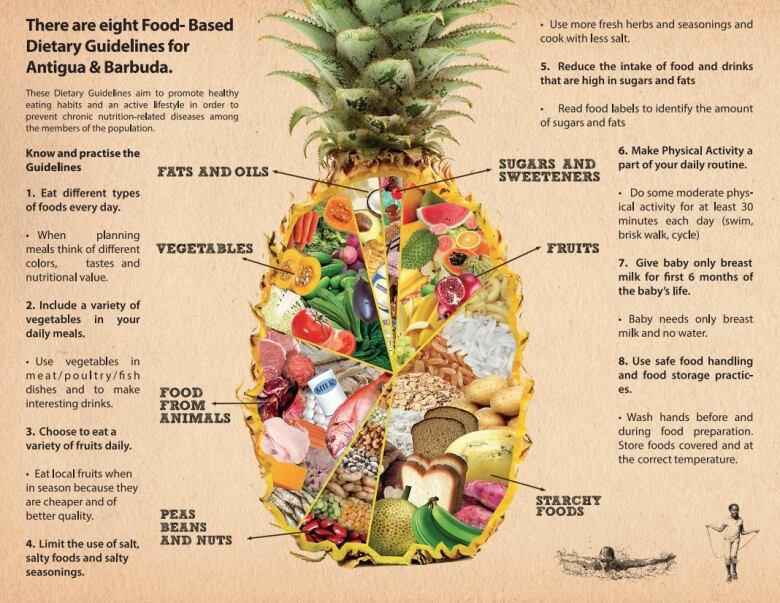 Victoria Suksova believes that now knowledge about how a child should develop and how much food he needs is often drawn from popular pedagogical literature and television programs. “A mother can seriously worry about the fact that her child does not eat all the prescribed 200 grams, because she is trying to fulfill her parental duty in accordance with certain standards broadcast by society and specialists,” says Suksova. “Besides, feeding may just be one of the manifestations of an authoritarian style of parenting, when the parent is used to the child doing everything as he is told.” Under this model, according to the psychologist, any disobedience can be seen as disrespect for the authority of adults. In this case, the specialist recommends that parents think about the consequences that their actions may entail, reflect on how this feeding may affect the child, their relationship in the future: “Sometimes you just need to stop and think: why am I doing this? What do I want in the future? What do I reinforce and develop with my words, actions?
Victoria Suksova believes that now knowledge about how a child should develop and how much food he needs is often drawn from popular pedagogical literature and television programs. “A mother can seriously worry about the fact that her child does not eat all the prescribed 200 grams, because she is trying to fulfill her parental duty in accordance with certain standards broadcast by society and specialists,” says Suksova. “Besides, feeding may just be one of the manifestations of an authoritarian style of parenting, when the parent is used to the child doing everything as he is told.” Under this model, according to the psychologist, any disobedience can be seen as disrespect for the authority of adults. In this case, the specialist recommends that parents think about the consequences that their actions may entail, reflect on how this feeding may affect the child, their relationship in the future: “Sometimes you just need to stop and think: why am I doing this? What do I want in the future? What do I reinforce and develop with my words, actions?
Why adults force other adults to eat
According to Svetlana Timofeeva, not only children, but also adults can be forced to eat: “Feeding is practically violence with food.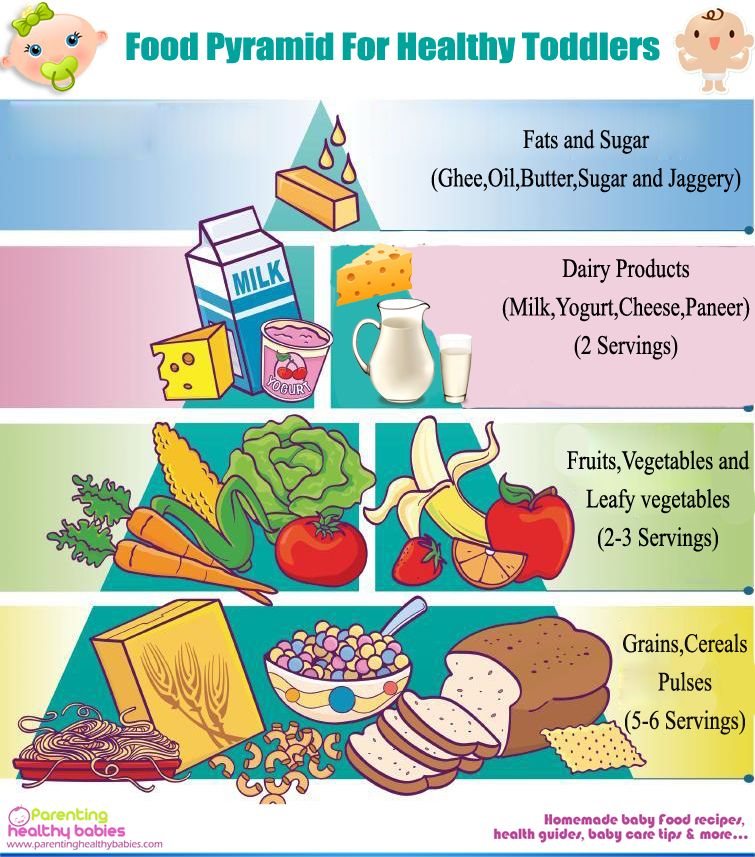 ” In the case of adults, feeding is more noticeable when a person is forced to eat some specific foods that do not suit him due to his tastes or beliefs. “In appearance, everything is decent: you are invited to the table, you are offered treats. However, you cannot refuse the meal entirely or even partially, because you depend on the inviter. Moreover, this dependence can be very different: from emotional dependence (for example, refusal to share a meal with a parent will be perceived as an insult to parental feelings) to material or official dependence, when the inviter is your boss.
” In the case of adults, feeding is more noticeable when a person is forced to eat some specific foods that do not suit him due to his tastes or beliefs. “In appearance, everything is decent: you are invited to the table, you are offered treats. However, you cannot refuse the meal entirely or even partially, because you depend on the inviter. Moreover, this dependence can be very different: from emotional dependence (for example, refusal to share a meal with a parent will be perceived as an insult to parental feelings) to material or official dependence, when the inviter is your boss.
In Russian and foreign forums, you can find many stories (most often anonymous) about men forcing their partners to eat a lot and gain weight. This is a less common practice than coercion to lose weight - but at its core, they are in many ways similar. A similar story happened to Marina (the name was changed at the request of the heroine. - Note ed. ). When they met Ivan (name changed. - Note ed.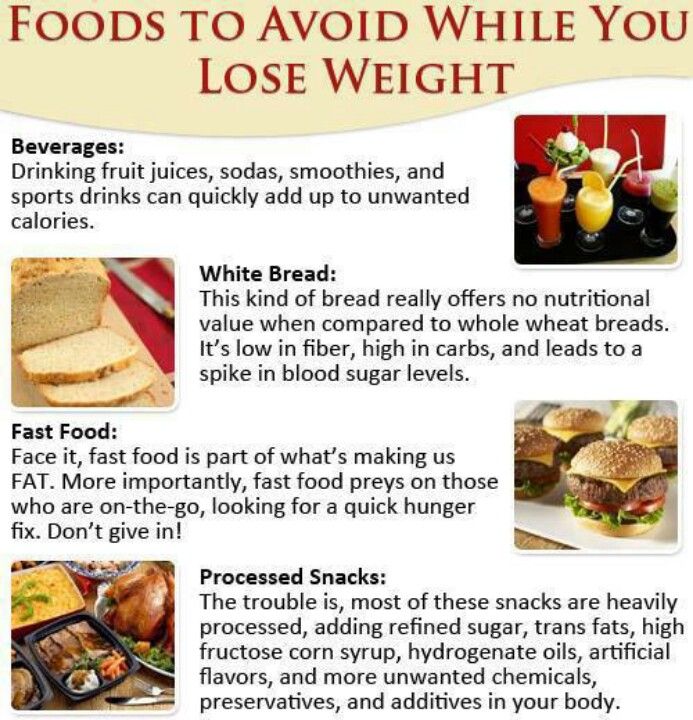 ), Marina was 27 years old, her weight was kept at the level of 62–63 kg with a height of 167 cm. “My figure never differed in fragility, but I tried to keep myself in shape,” says Marina. - In the evenings, when Ivan stayed with me, he often brought food from restaurants. I didn’t see anything wrong with that - it’s nice when a loved one wants to pamper you. Ivan knew the phone numbers of all local delivery services. He was very caring and handsome. The sex was great. I kept thinking how lucky I was with a man.” But one day Marina fell ill, she had no appetite at all, but Ivan began to insist that she eat. Marina refused for a long time, and suddenly Ivan admitted that the process of eating excites him, and if she does not eat, he will be very upset.
), Marina was 27 years old, her weight was kept at the level of 62–63 kg with a height of 167 cm. “My figure never differed in fragility, but I tried to keep myself in shape,” says Marina. - In the evenings, when Ivan stayed with me, he often brought food from restaurants. I didn’t see anything wrong with that - it’s nice when a loved one wants to pamper you. Ivan knew the phone numbers of all local delivery services. He was very caring and handsome. The sex was great. I kept thinking how lucky I was with a man.” But one day Marina fell ill, she had no appetite at all, but Ivan began to insist that she eat. Marina refused for a long time, and suddenly Ivan admitted that the process of eating excites him, and if she does not eat, he will be very upset.
Relations with Ivan began to revolve around food: gradually this topic began to occupy most of their conversations. Marina became annoyed by the "endless food" and her increased weight, due to which she stopped wearing her favorite things. She already weighed 85 kg, and Ivan began to jokingly call her "bun". Marina signed up for a gym and a nutritionist, and was able to convince Ivan to bring less food. But after a few months of classes, when the weight began to decrease, Ivan had another breakdown: he brought a package of food, the next evening everything happened again, and all Marina's efforts "went down the drain." Quarrels over food began again, and one of them ended in a fight - then Marina decided that she had to run away. The next day, she packed her things and moved in with her mother. Since then, she no longer saw Ivan, although he continued to demand new meetings. By her own admission, Marina does not consider herself traumatized, and after parting, she felt great relief. The girl began to go to the gym again, and now she is happy with her weight. But until now, Marina does not like to go on dates to restaurants and hates pizza.
She already weighed 85 kg, and Ivan began to jokingly call her "bun". Marina signed up for a gym and a nutritionist, and was able to convince Ivan to bring less food. But after a few months of classes, when the weight began to decrease, Ivan had another breakdown: he brought a package of food, the next evening everything happened again, and all Marina's efforts "went down the drain." Quarrels over food began again, and one of them ended in a fight - then Marina decided that she had to run away. The next day, she packed her things and moved in with her mother. Since then, she no longer saw Ivan, although he continued to demand new meetings. By her own admission, Marina does not consider herself traumatized, and after parting, she felt great relief. The girl began to go to the gym again, and now she is happy with her weight. But until now, Marina does not like to go on dates to restaurants and hates pizza.
According to Svetlana Timofeeva, a person who tries to force feed his partner perceives him as an object and does not take into account his individual preferences and needs.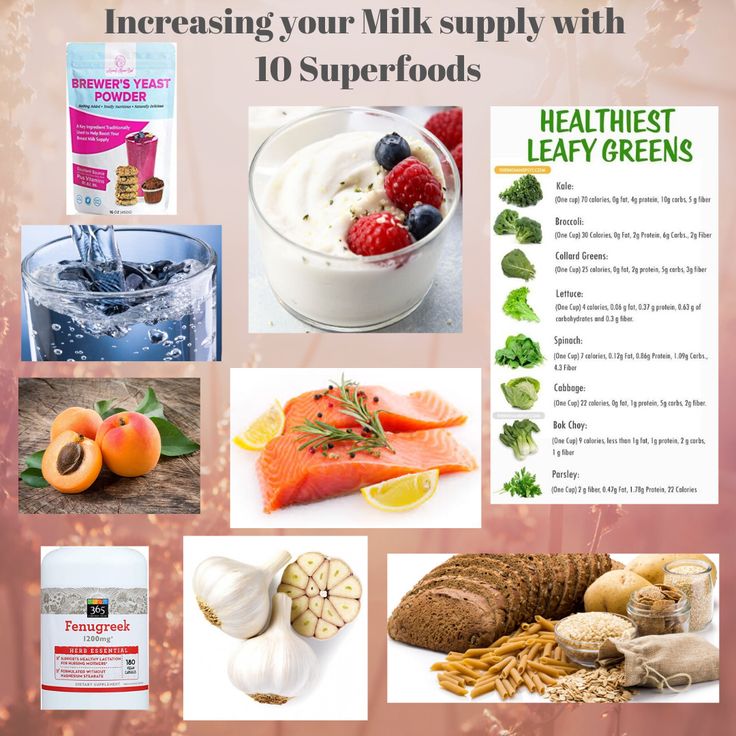 “Food does have a certain erotic context,” says Vlad Bukhtoyarov. - In itself, the inclusion of food and fullness in the sexual game is normal. But, like everything in a healthy relationship, this should only happen with the mutual consent of both participants. Forcing a person to gain weight is no better than forcing him to lose weight, and what Ivan did was, of course, a form of violence.”
“Food does have a certain erotic context,” says Vlad Bukhtoyarov. - In itself, the inclusion of food and fullness in the sexual game is normal. But, like everything in a healthy relationship, this should only happen with the mutual consent of both participants. Forcing a person to gain weight is no better than forcing him to lose weight, and what Ivan did was, of course, a form of violence.”
Consequences of feeding
A person who was fed in childhood, in adulthood, may have a poor sense of his feelings - for example, not notice the feeling of satiety and hunger. Lyubov speaks about this: “In childhood, I simply did not separate the feeling of hunger from other unpleasant sensations, so I did not understand when I needed to eat. Once, already in my teens, I did not eat for several days - and then for the first time I was afraid of my own weakness. It seems to me that this is more of a nervous problem, because I never wanted to lose weight on purpose, I was already thin to the point of transparency.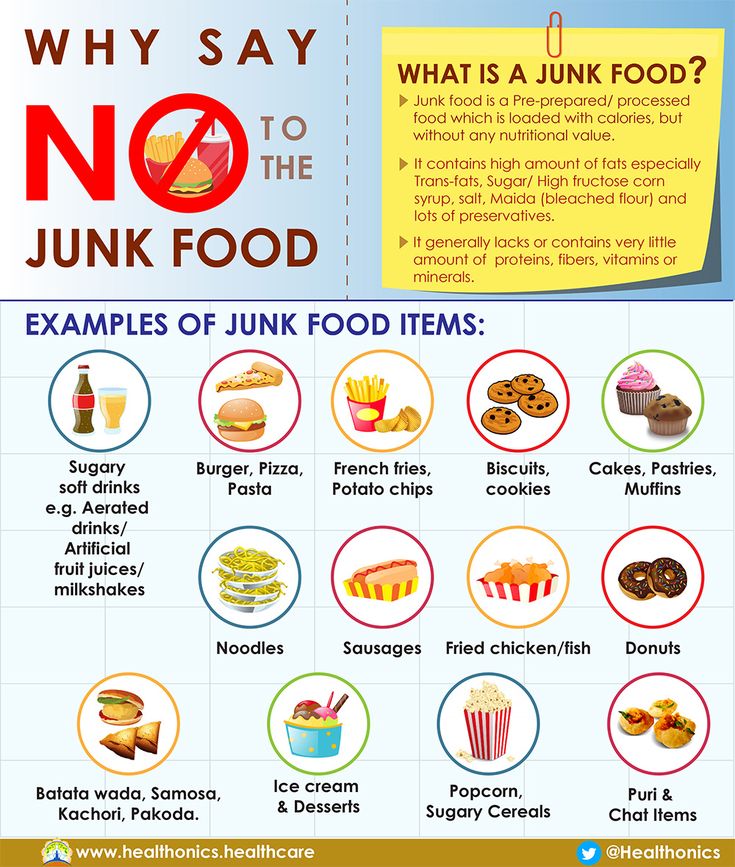 Now, according to Lyubov, she has no problems with nutrition, but sometimes she still has to remind herself to eat.
Now, according to Lyubov, she has no problems with nutrition, but sometimes she still has to remind herself to eat.
“In childhood and adolescence, a relationship with food is formed in a person - the child develops preferences for certain foods and trains the physiological mechanisms responsible for the feeling of hunger and satiety,” says nutritionist Maria Budryte, a graduate of King's College London. - In order to avoid problems with overeating in adulthood, a child needs to learn to eat in the amount that his body requires. A healthy body knows when it needs to eat, and children are no exception. If a child gets hungry, he will ask for it himself.” Vlad Bukhtoyarov also says that the child should decide for himself how much food he needs and when, parents only need to provide the child with access to the right food. However, according to the expert, the traditional model of parenting does not assume that the child has the freedom to make decisions - when the child will eat, sleep or play, parents usually decide.
According to Lyubov's recollections, visiting her grandmother felt almost constant stress, especially when it came to food. Victoria Suksova believes that force-feeding causes a more active protest in the child, because it is a violation of bodily boundaries. As a rule, feeding is perceived as more painful than, for example, forced viewing of "War and Peace", and spoils the relationship between the child and those who feed him more.
“For an adult, feeding can turn into problems with the digestive organs, as well as a feeling that they don’t put you in anything and don’t reckon with you. That you deserve to be “raped by food,” says Svetlana Timofeeva. According to her, such treatment and the suffering associated with it can also lead to an eating disorder - compulsive overeating or, conversely, refusal to eat. In the very situation of force-feeding, the person who is being fed will be angry and feel guilty, regardless of whether he agreed to eat what he did not want (and felt weak and insignificant), or refused (and offended the one who fed him), explains the psychotherapist.
When help is needed
According to Maria Budryte, both malnutrition and overeating are dangerous in childhood. Malnutrition can affect the development of the nervous and immune systems, as well as lead to excess weight in adulthood. If the child's parents suspect that the child is underweight or is not eating enough, they should consult a doctor. And treatment should take place under the supervision of specialists - nutritionists and endocrinologists.
Overeating, which feeding often leads to, is also dangerous: it can lead to obesity, which increases the risk of diabetes and cardiovascular disease in the future. In addition, it is sometimes associated with eating disorders such as anorexia and bulimia in adolescence. “You should not scold the child for not finishing his portion or refusing to eat because he is already full,” Budrite says. “If the child systematically refuses to eat, try to understand the reasons for this behavior.”
For those who themselves seek to feed their loved ones against their will, family therapist Svetlana Timofeeva advises to think about what feelings they want to express by persistently offering food, and come up with another way to demonstrate them.

